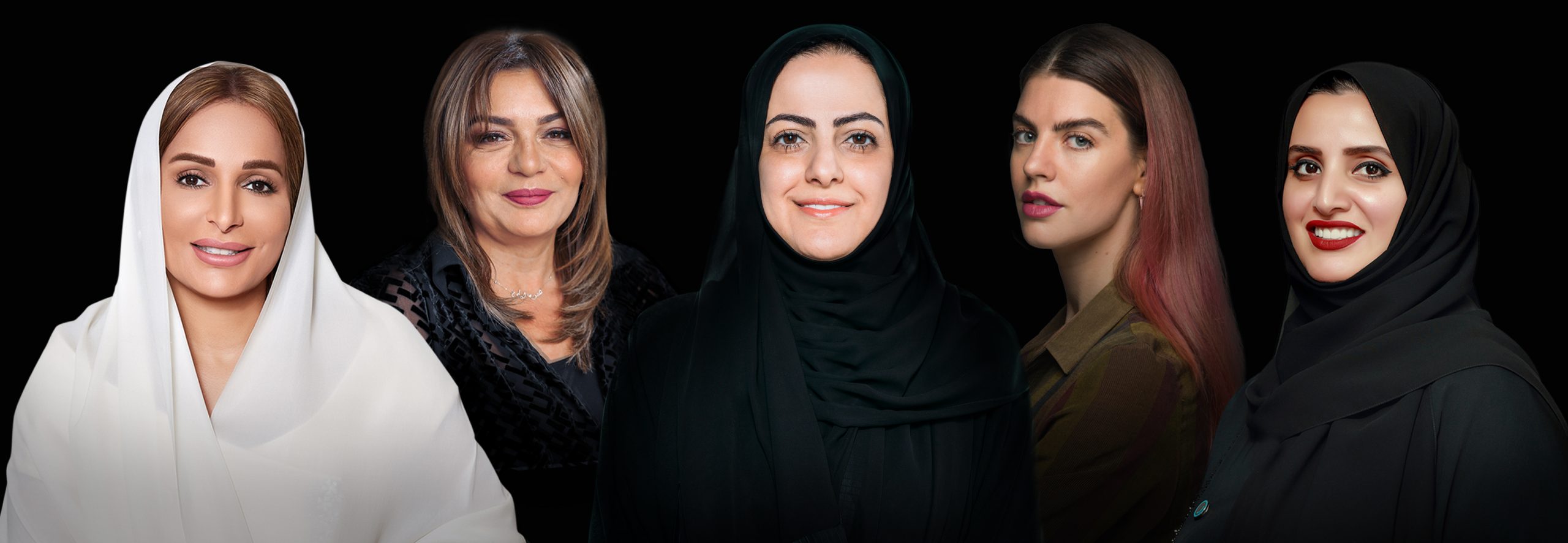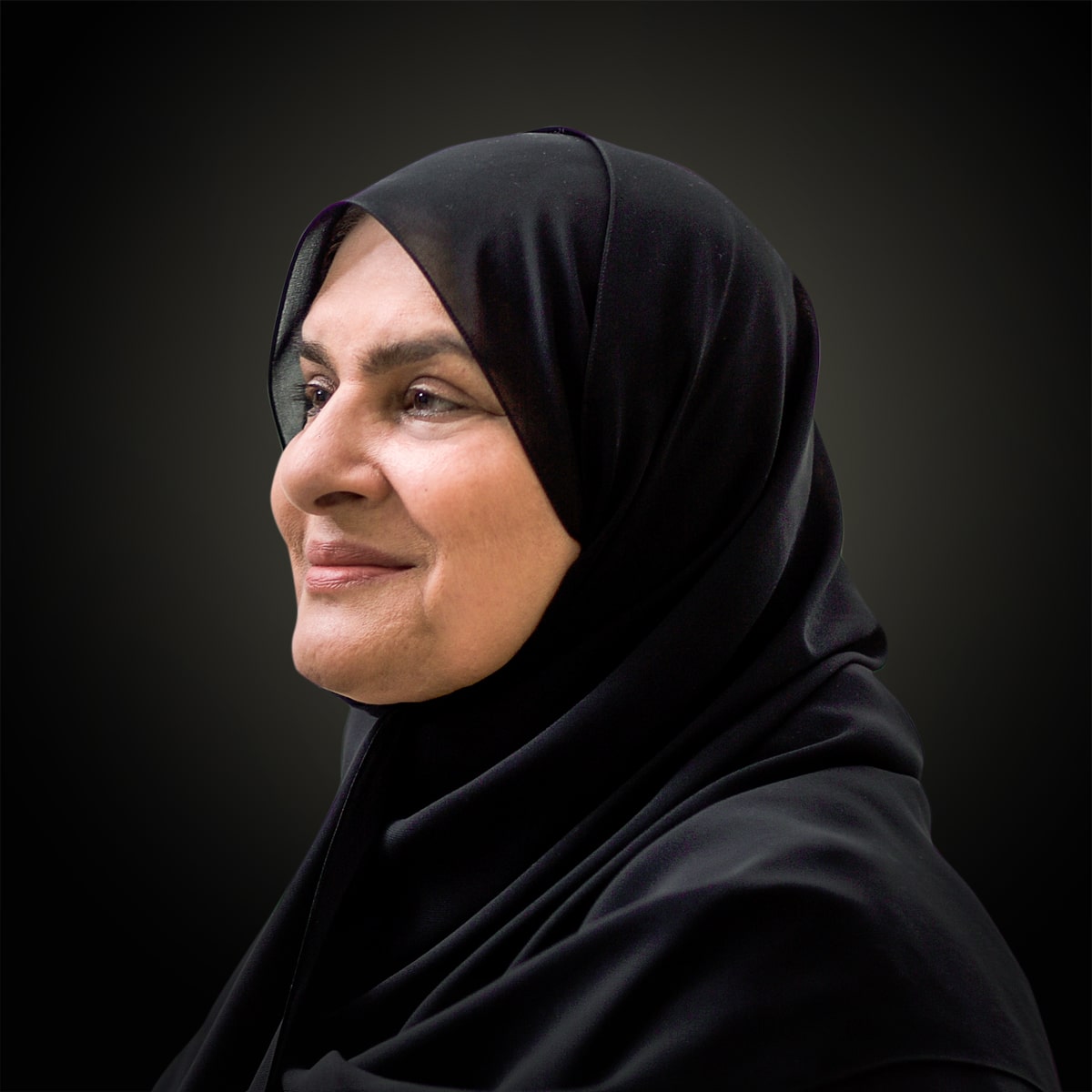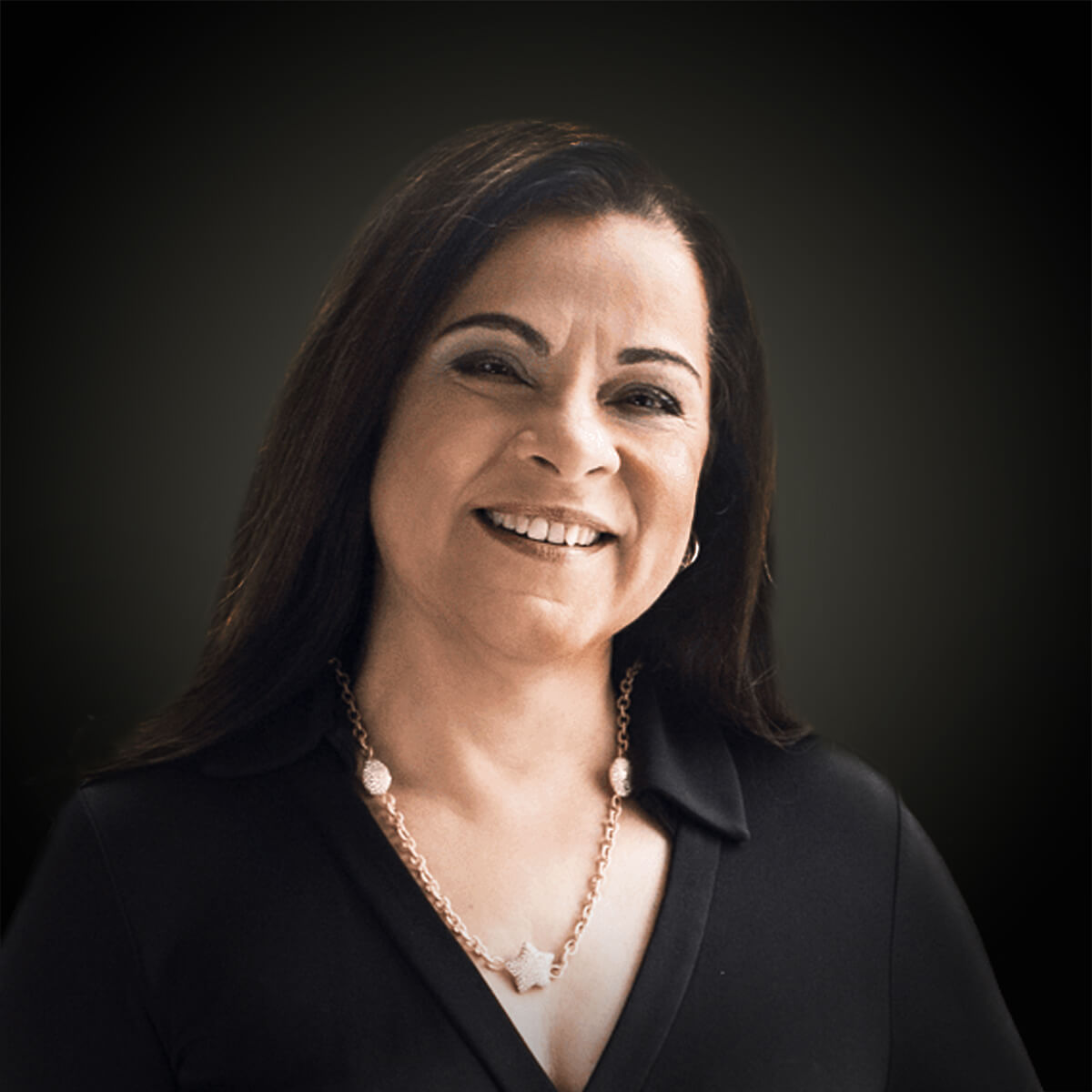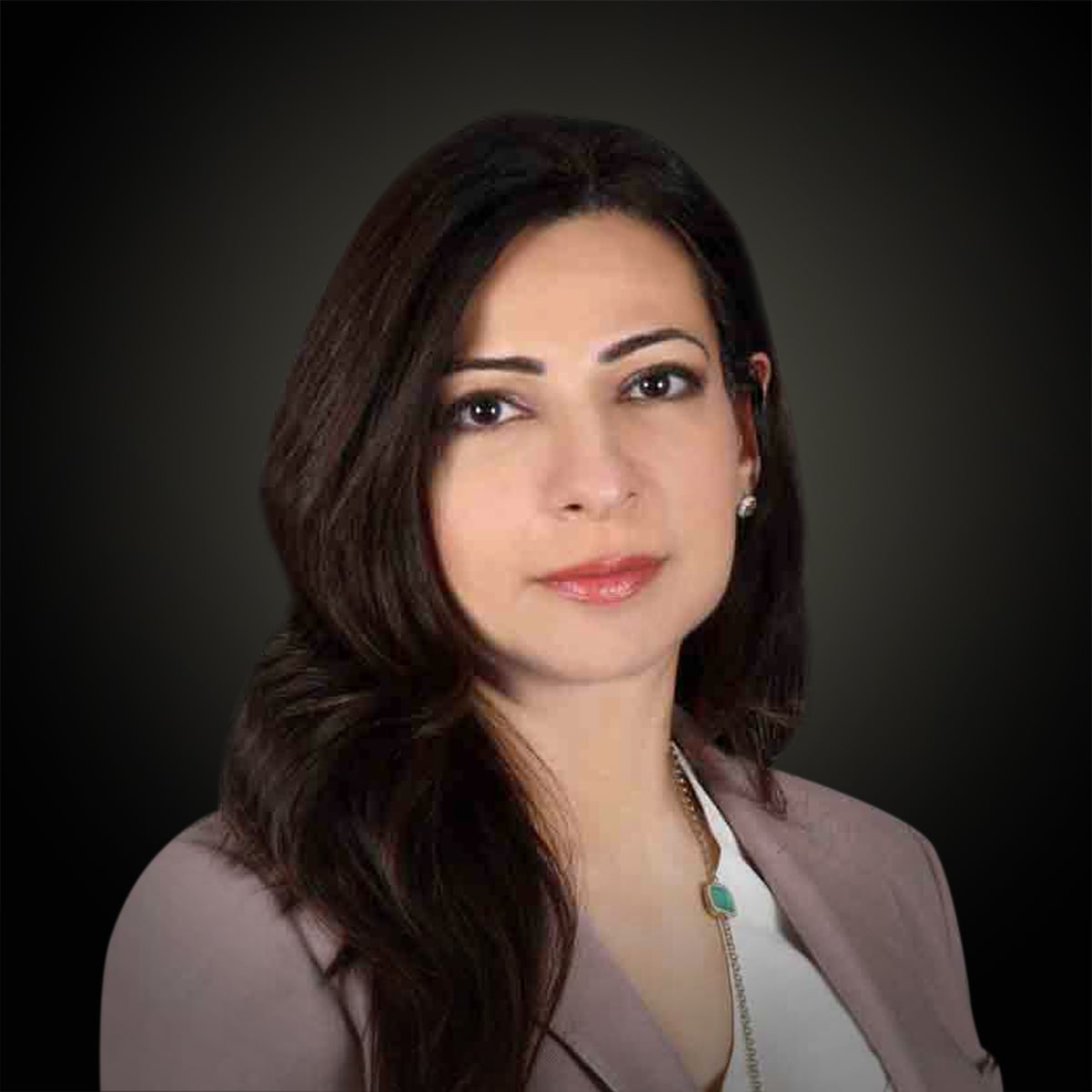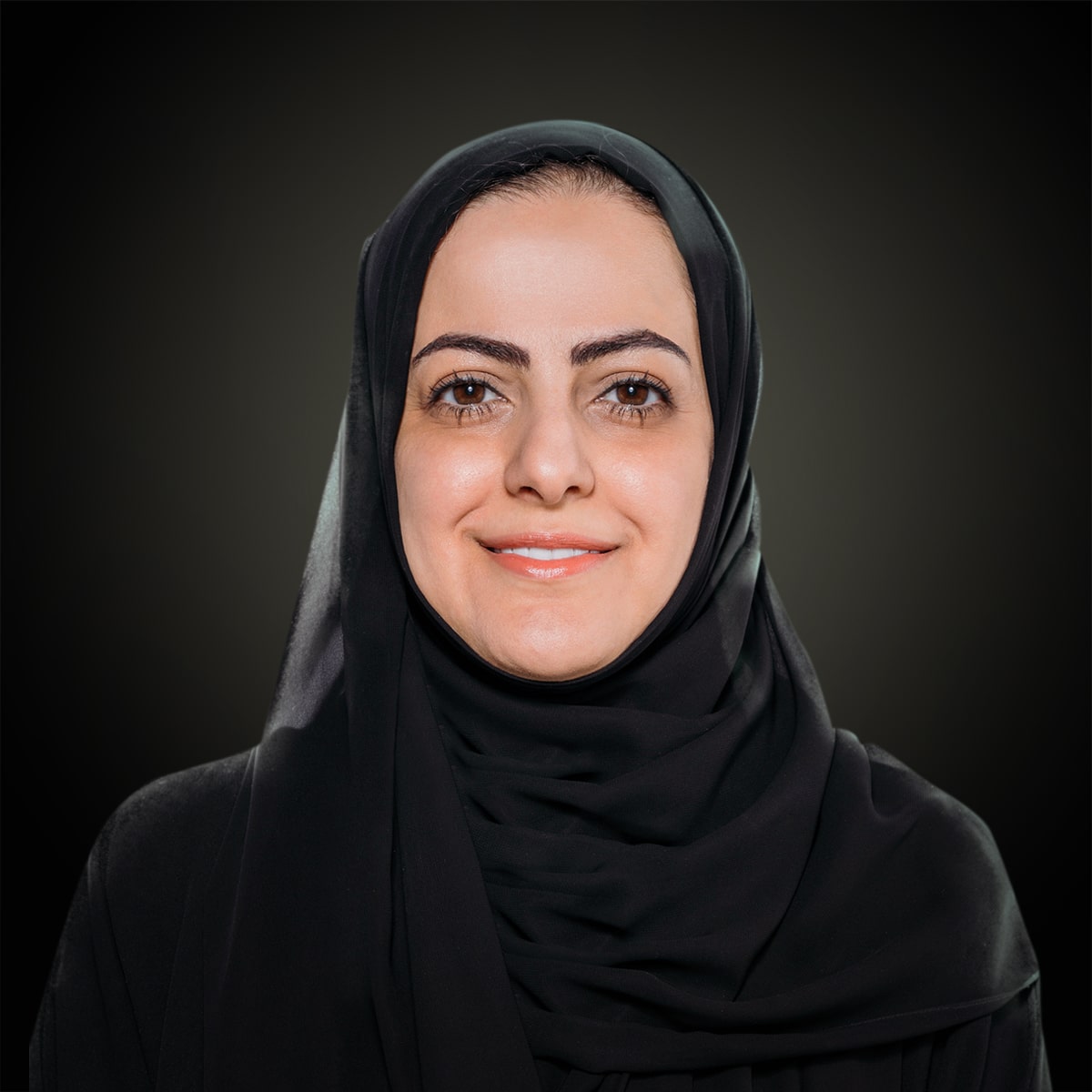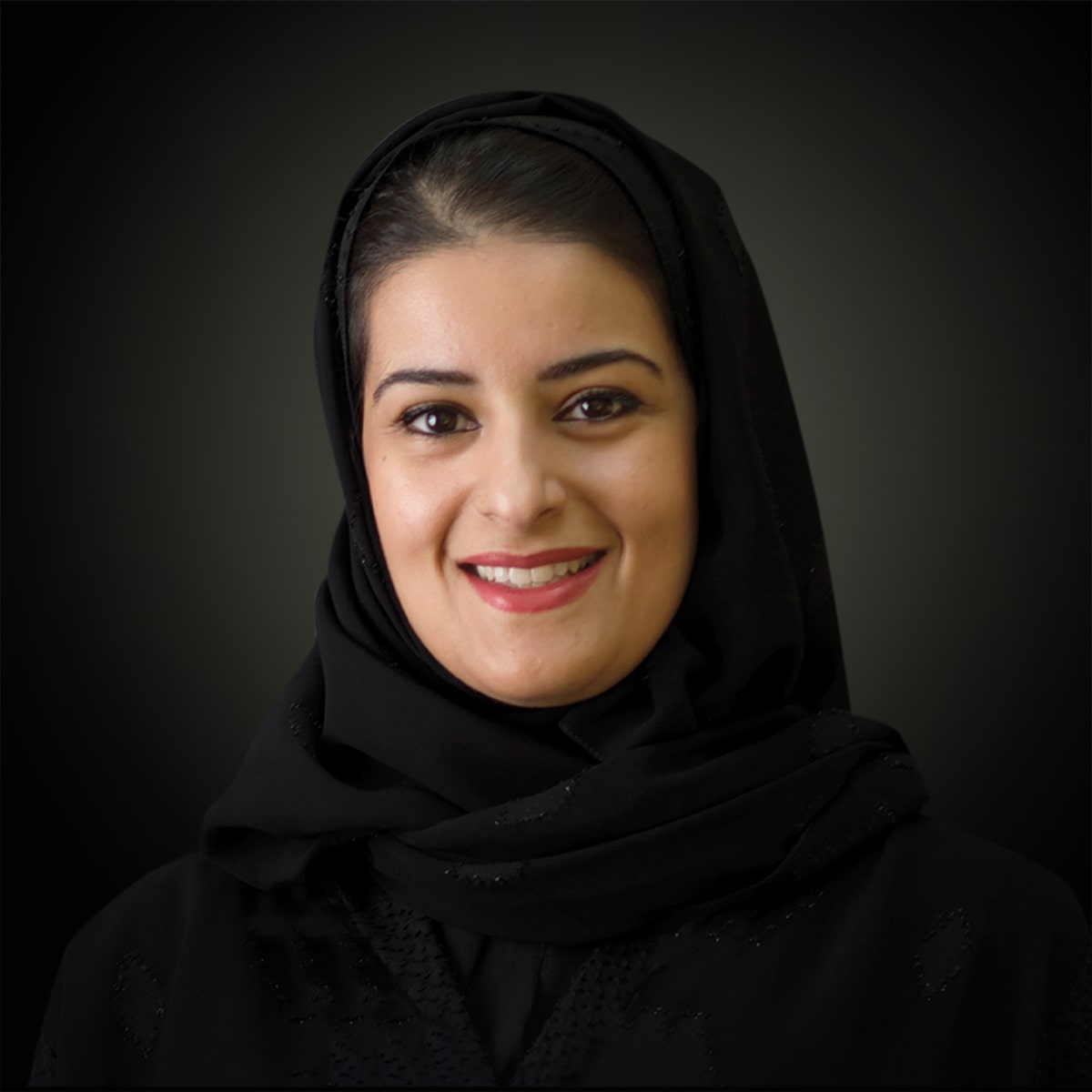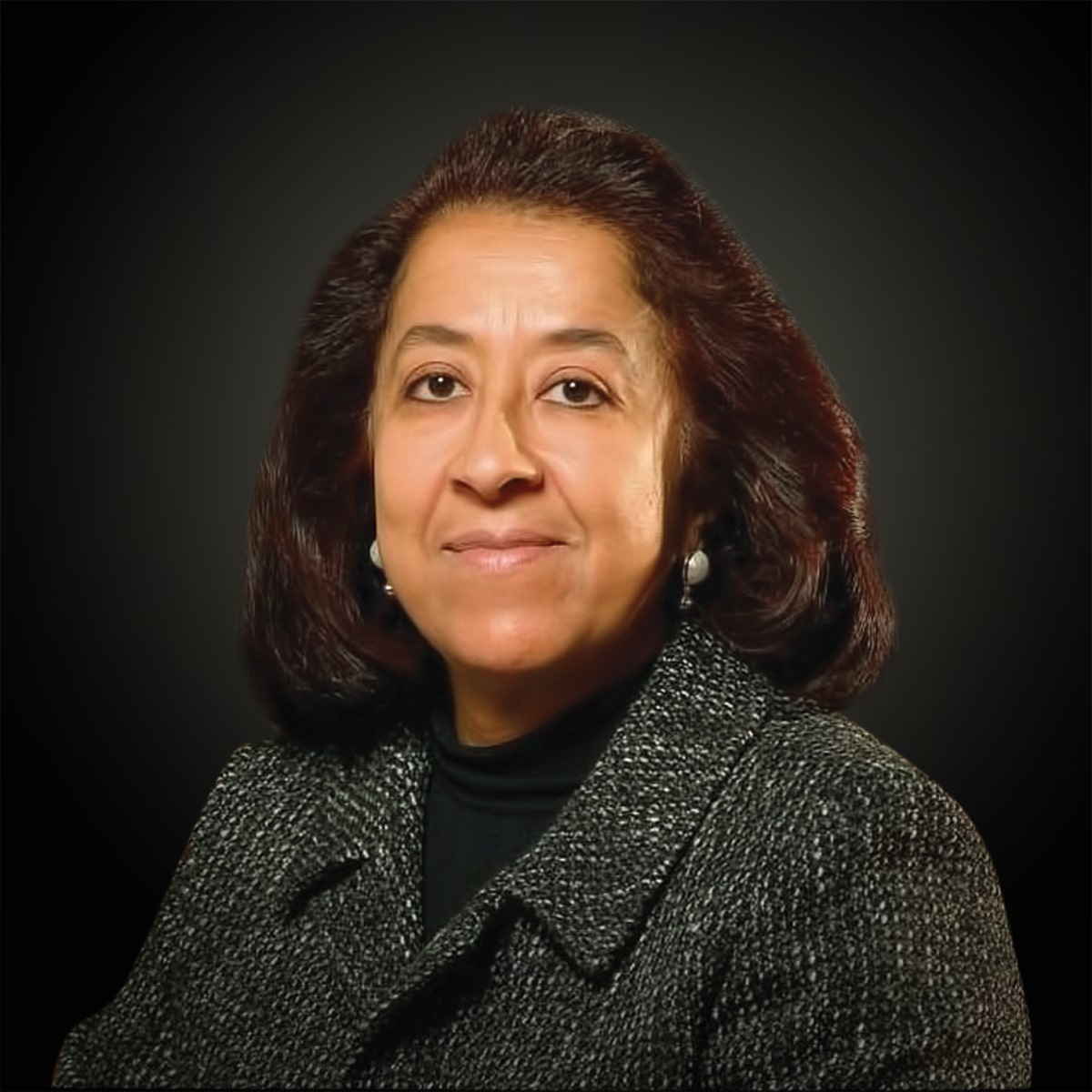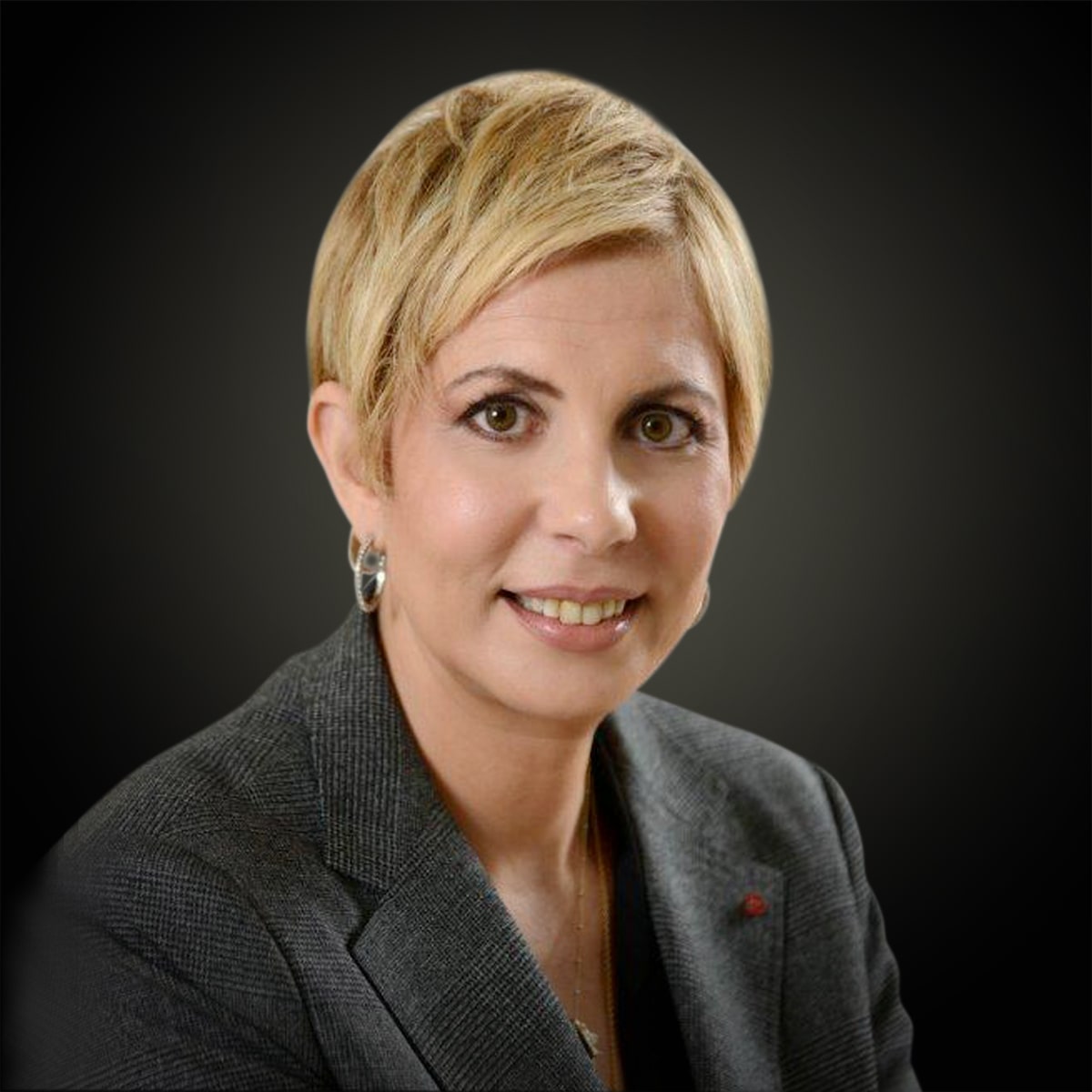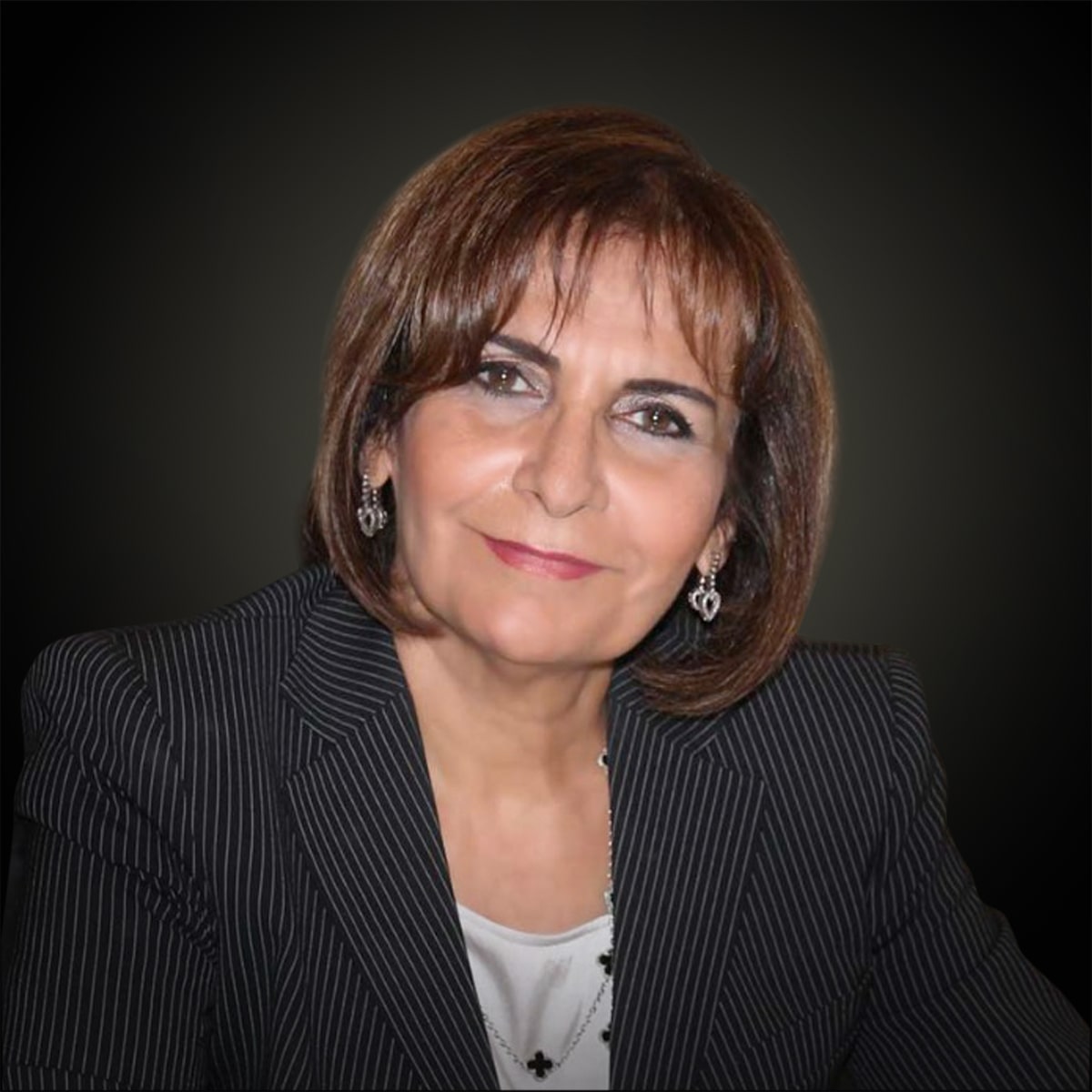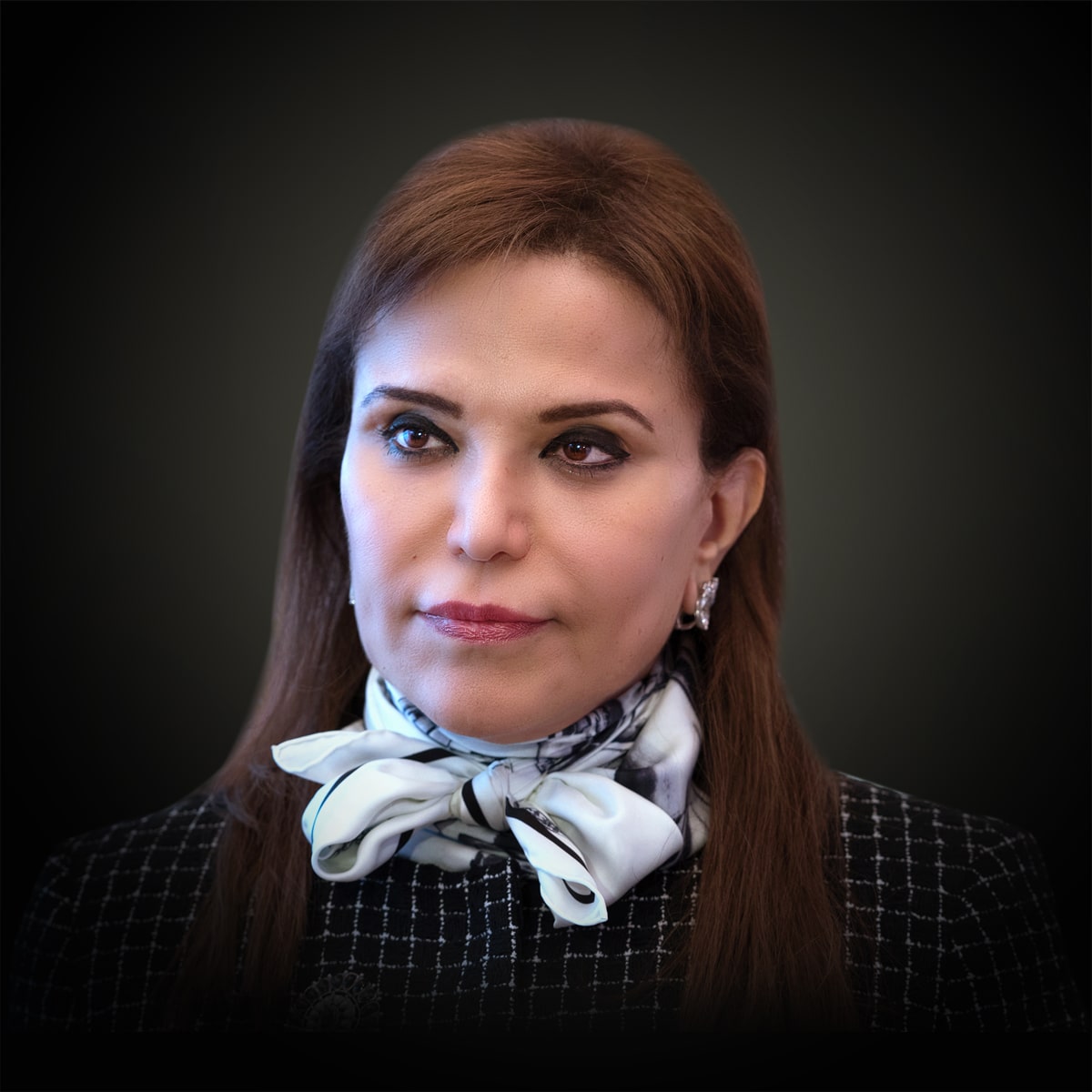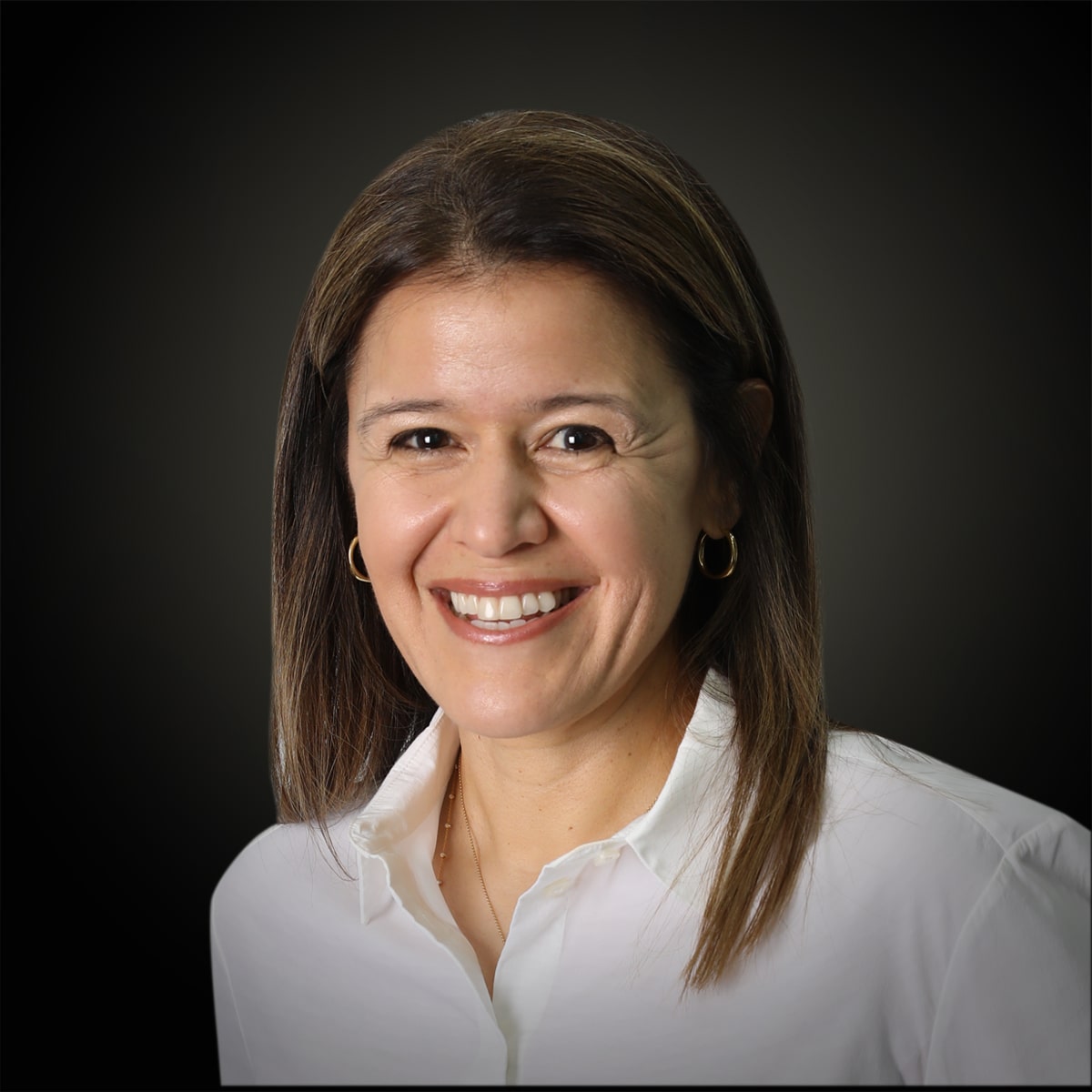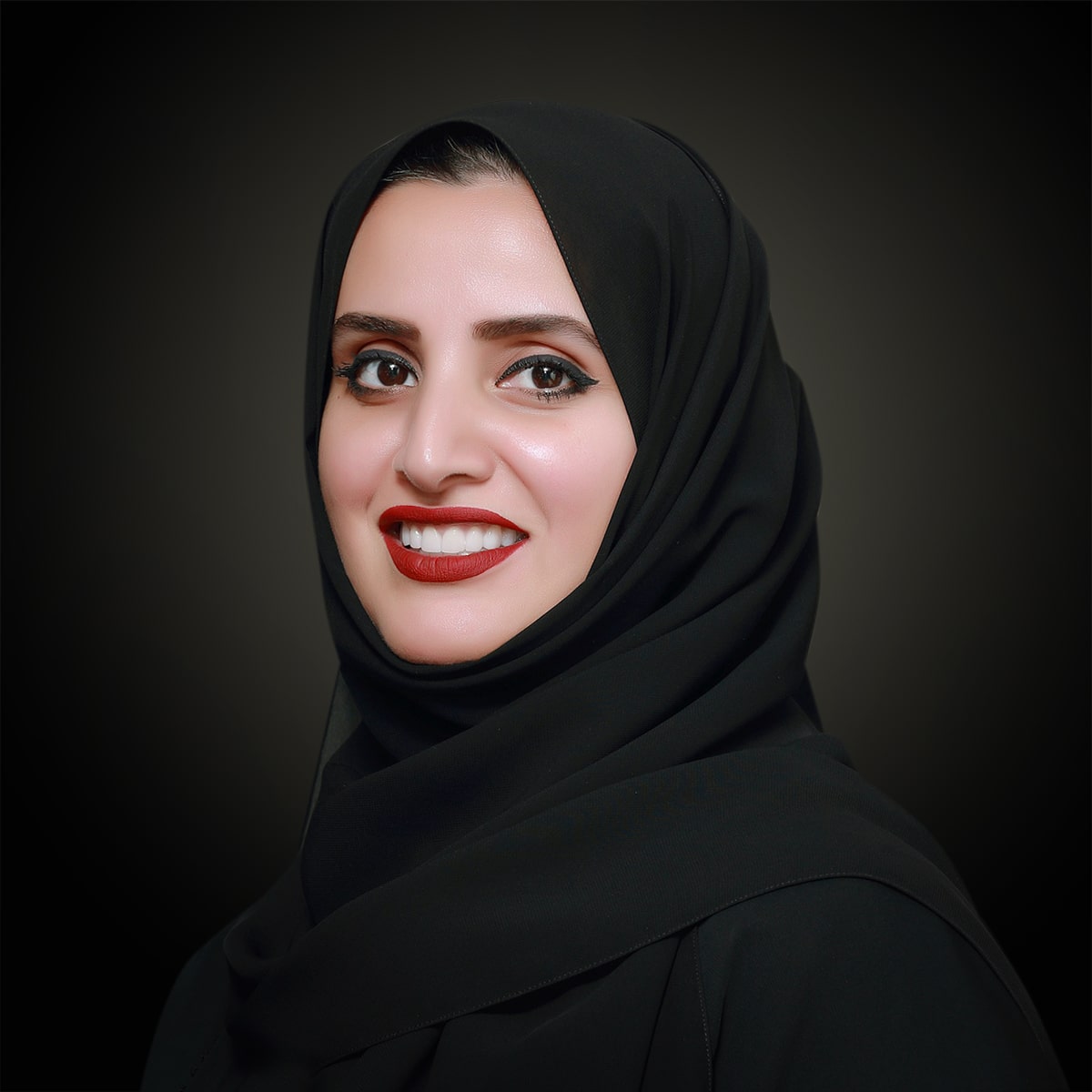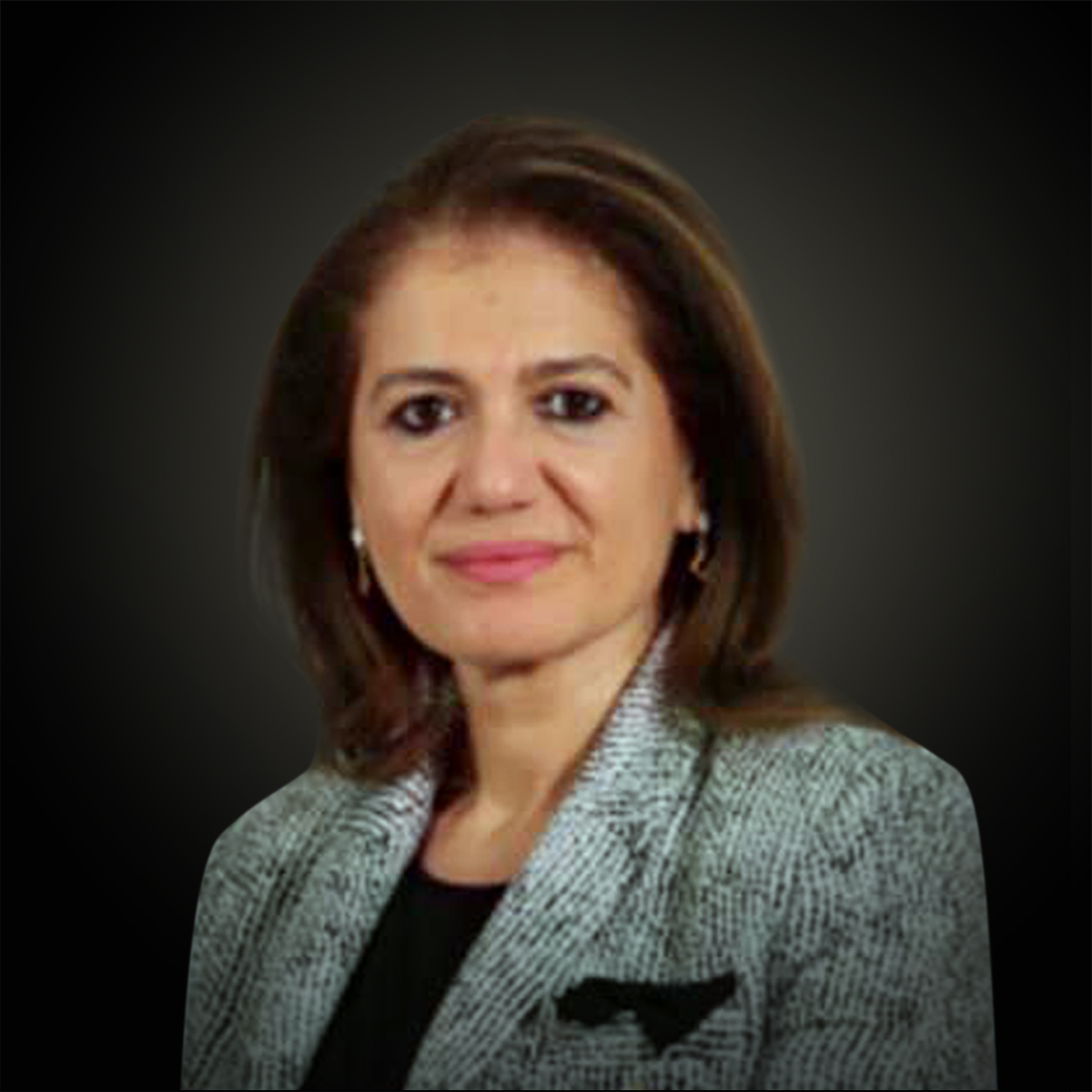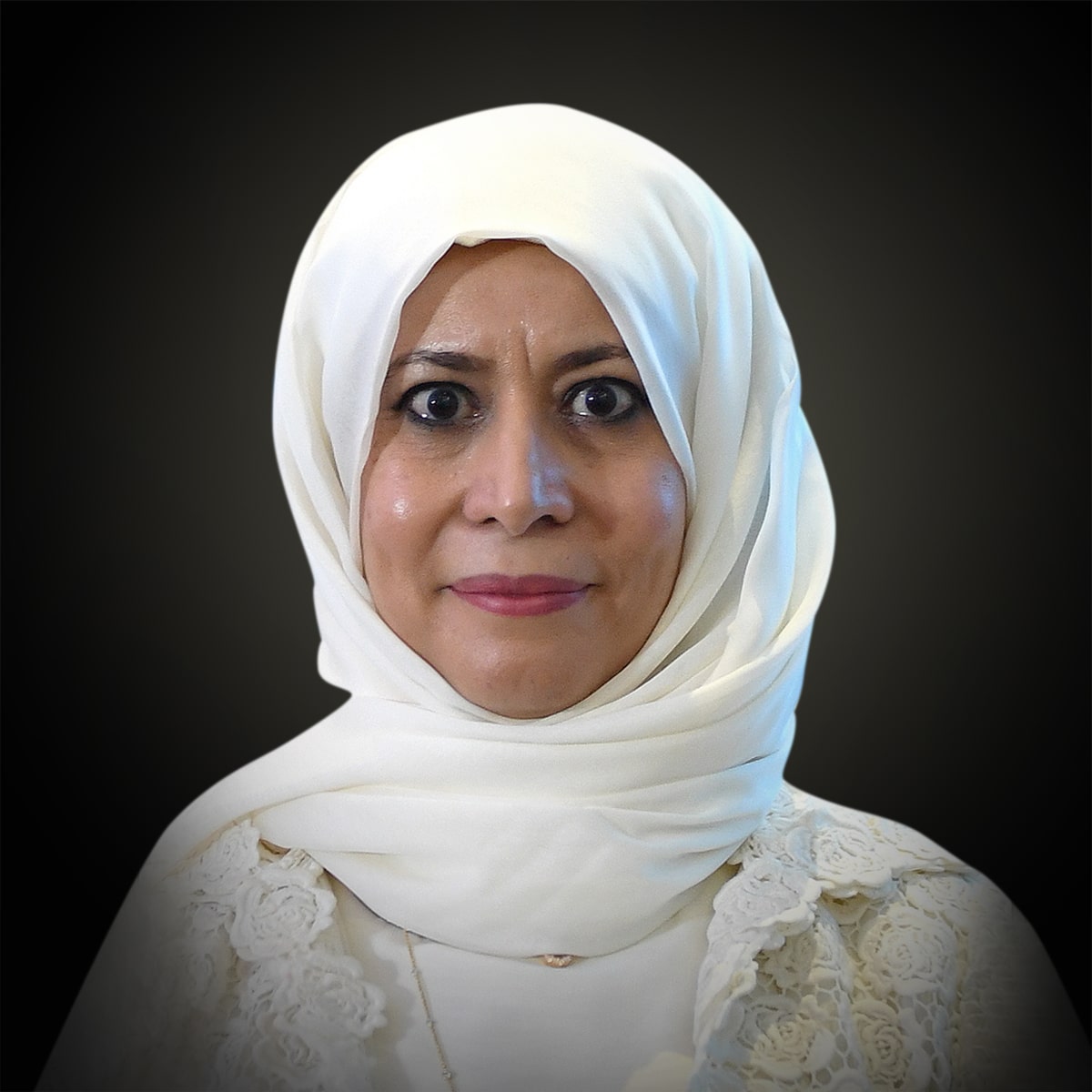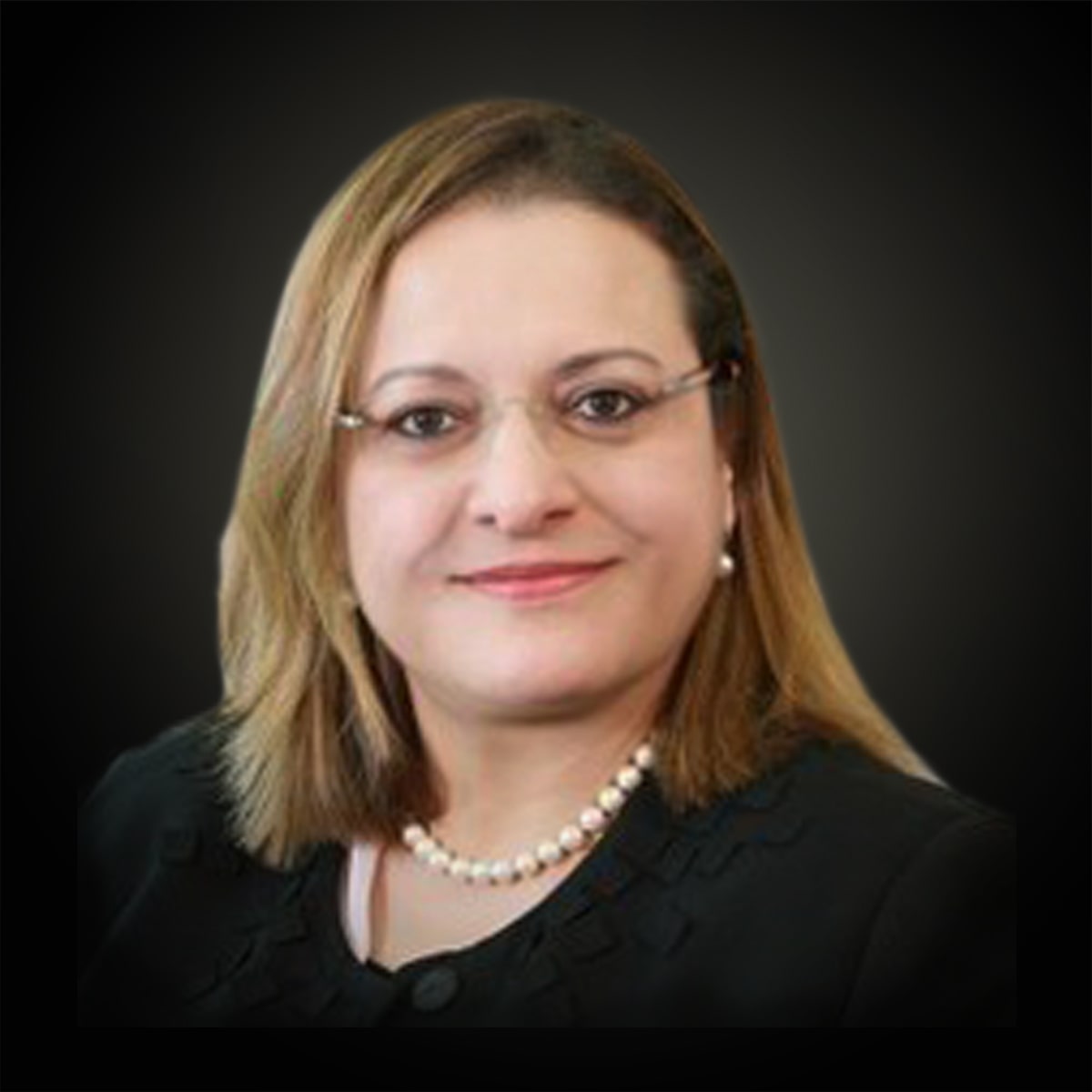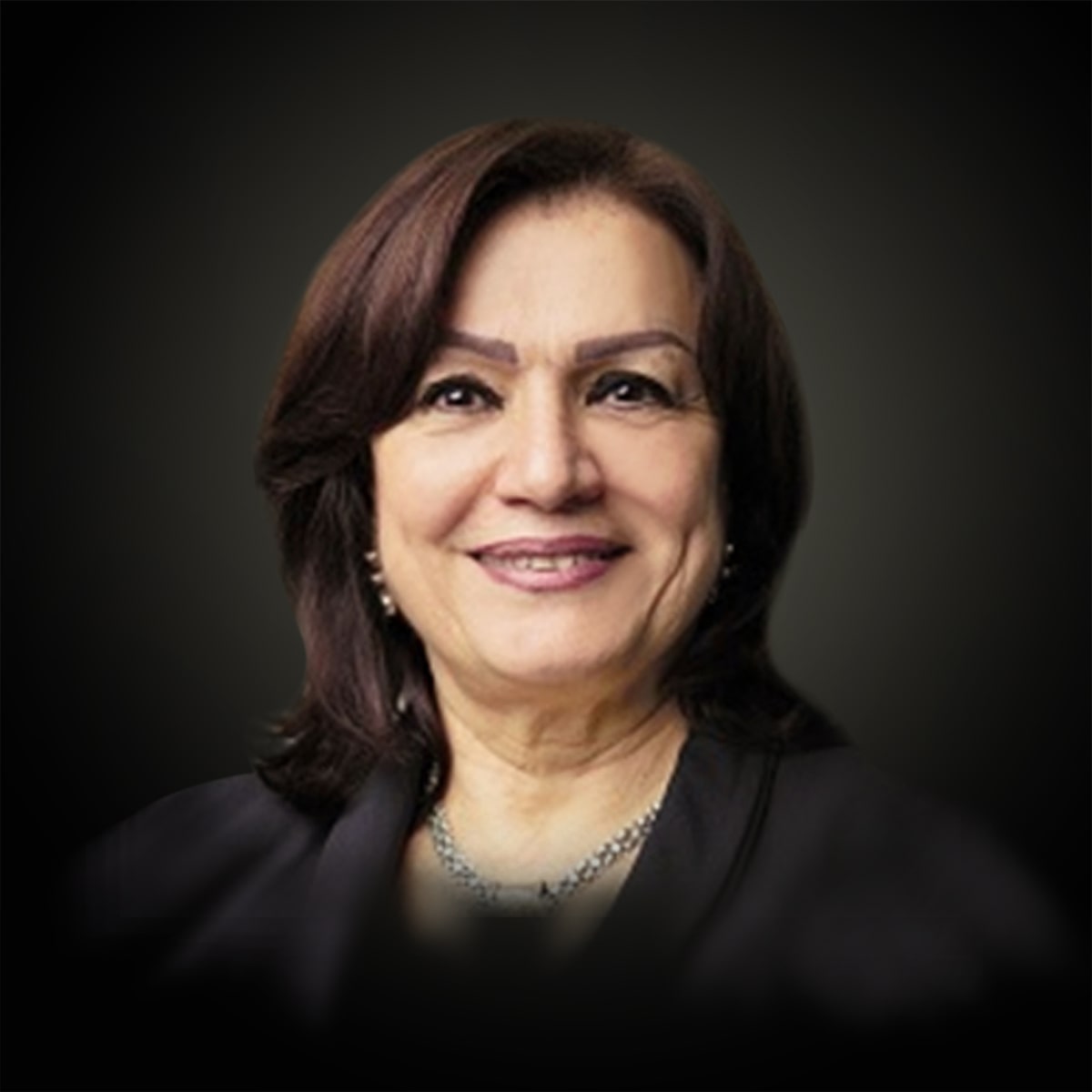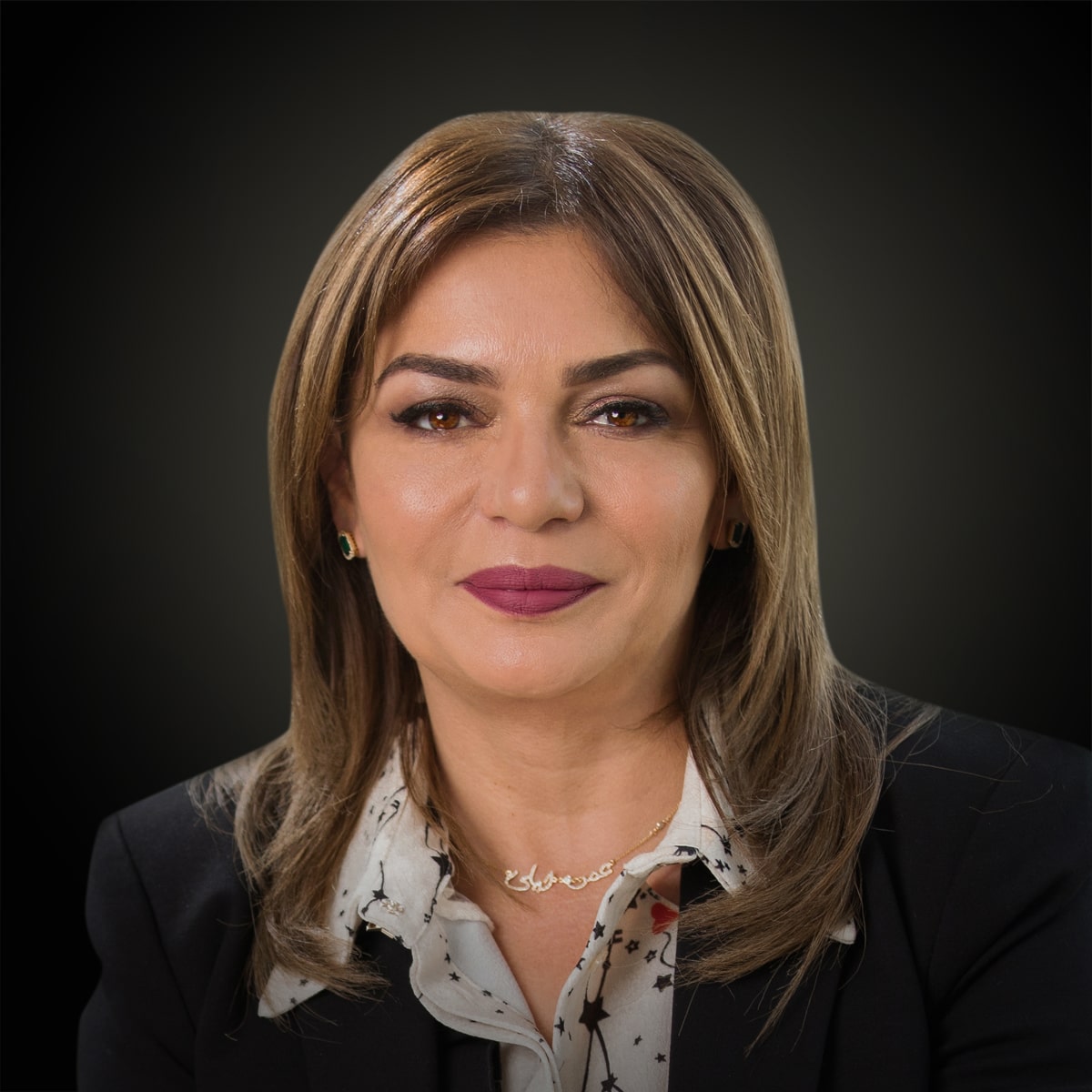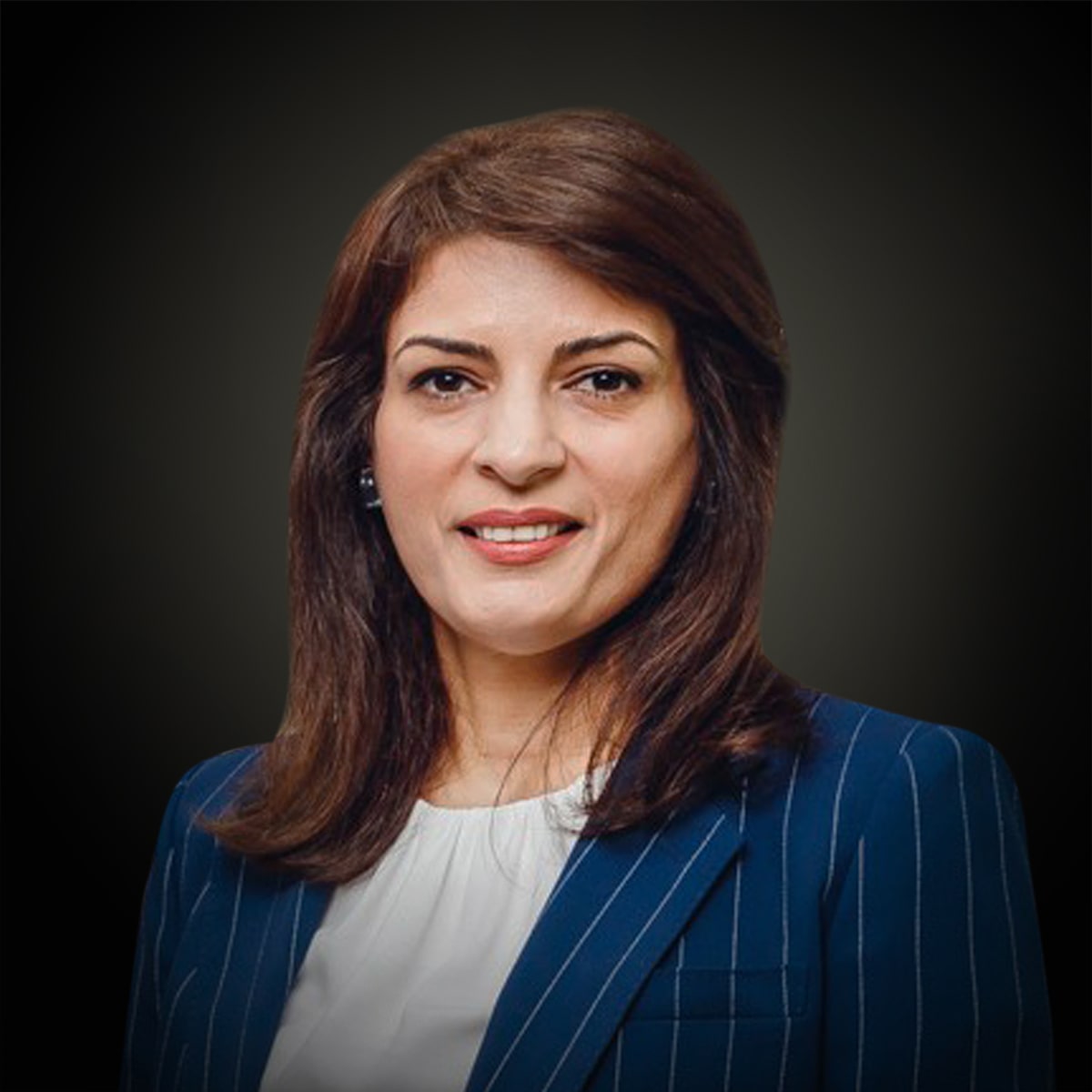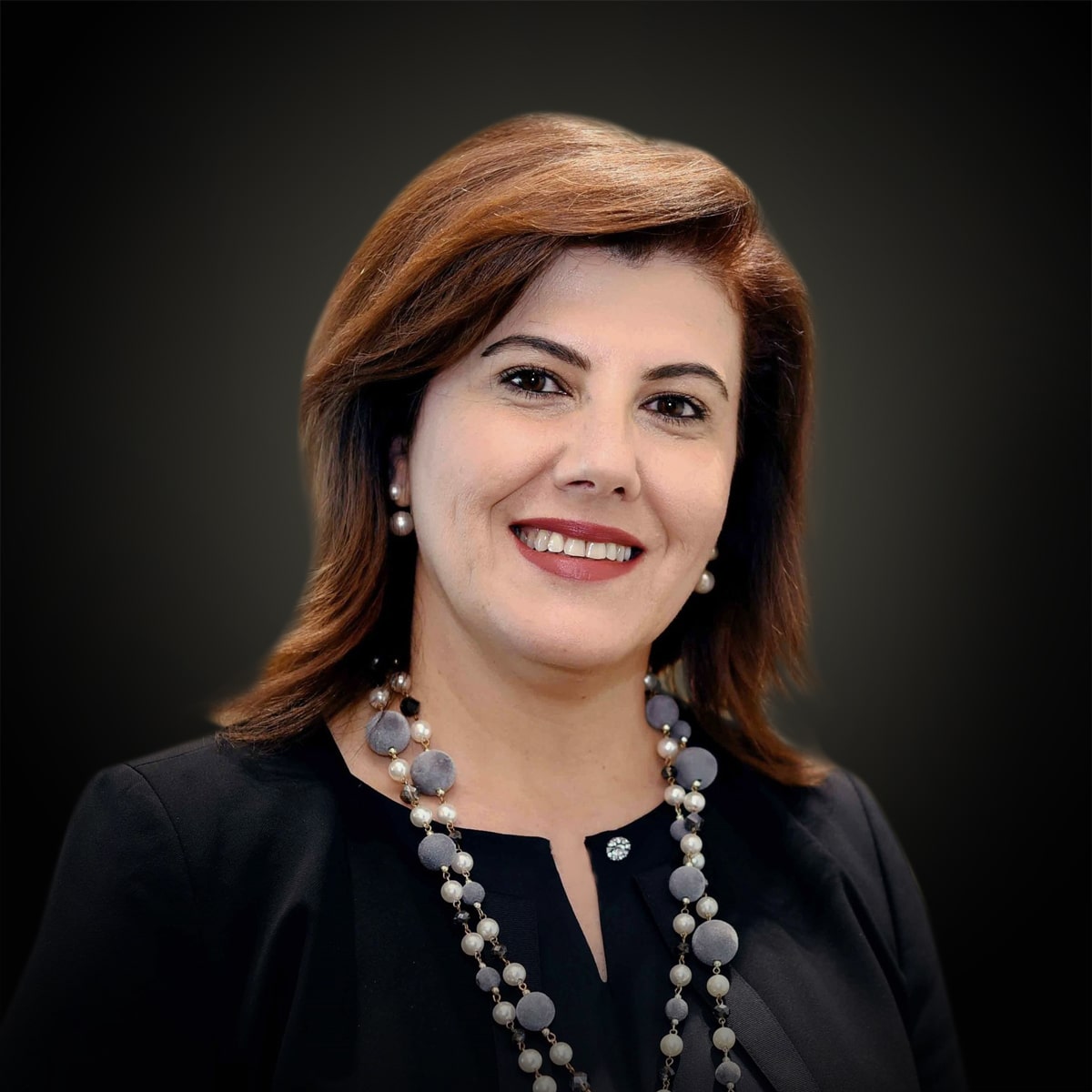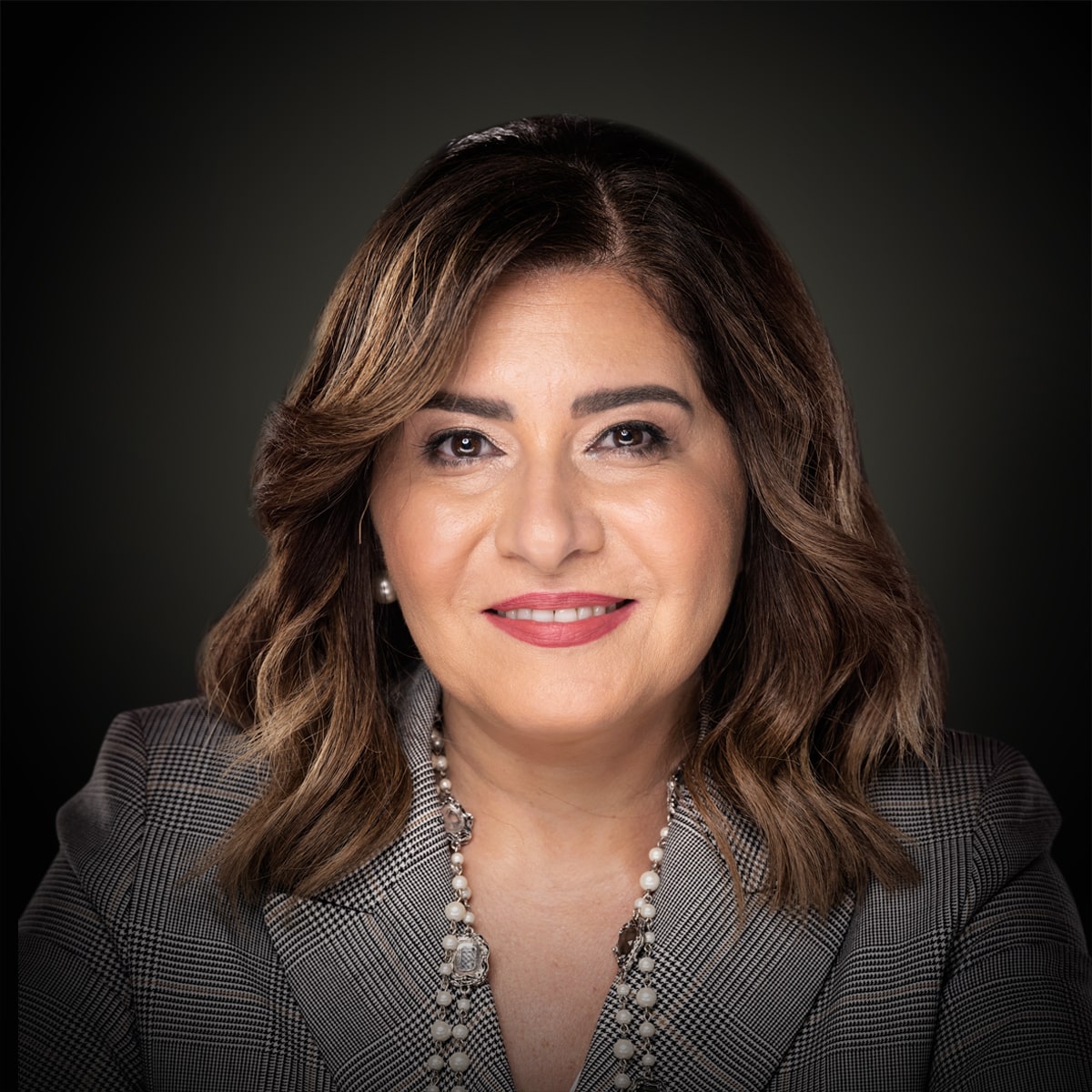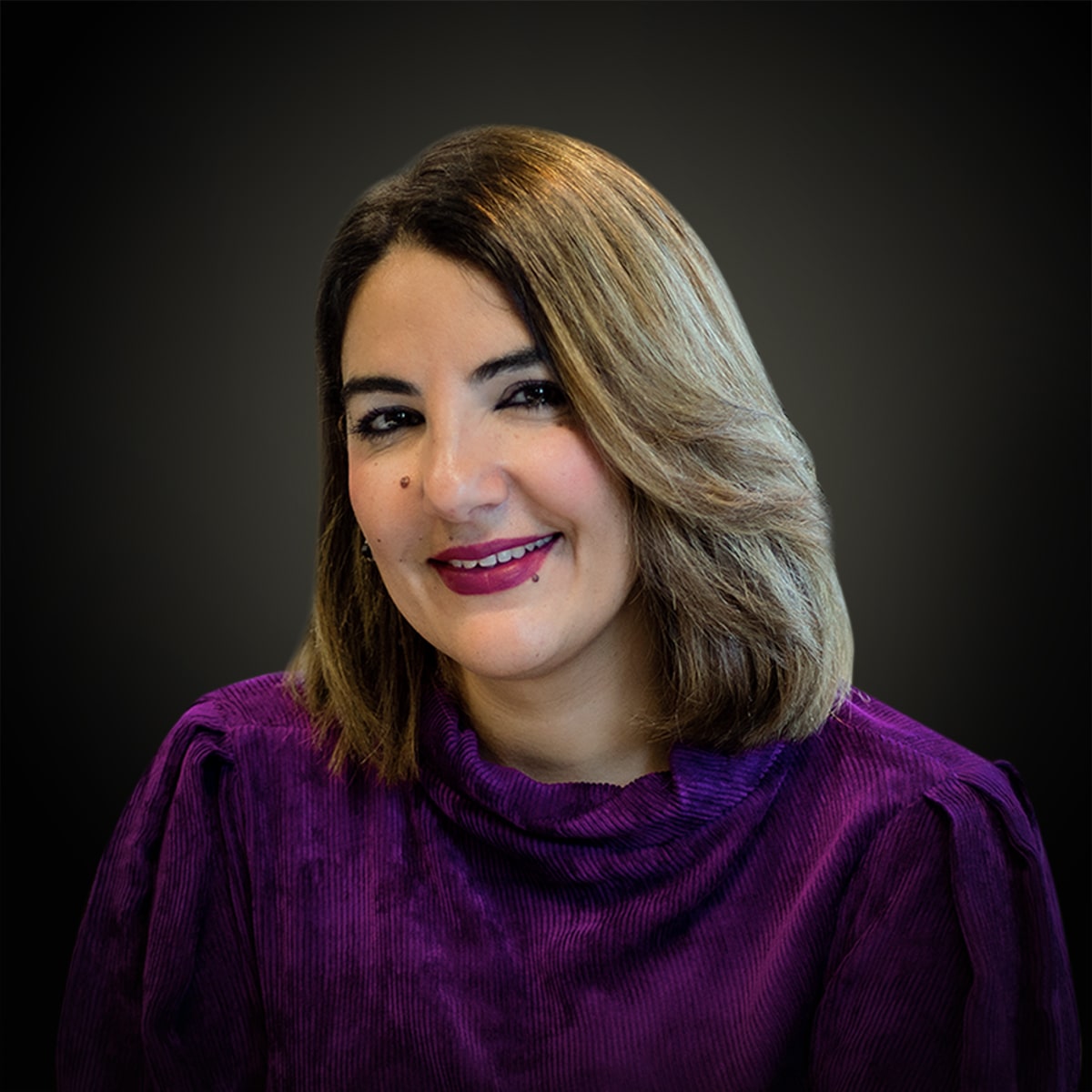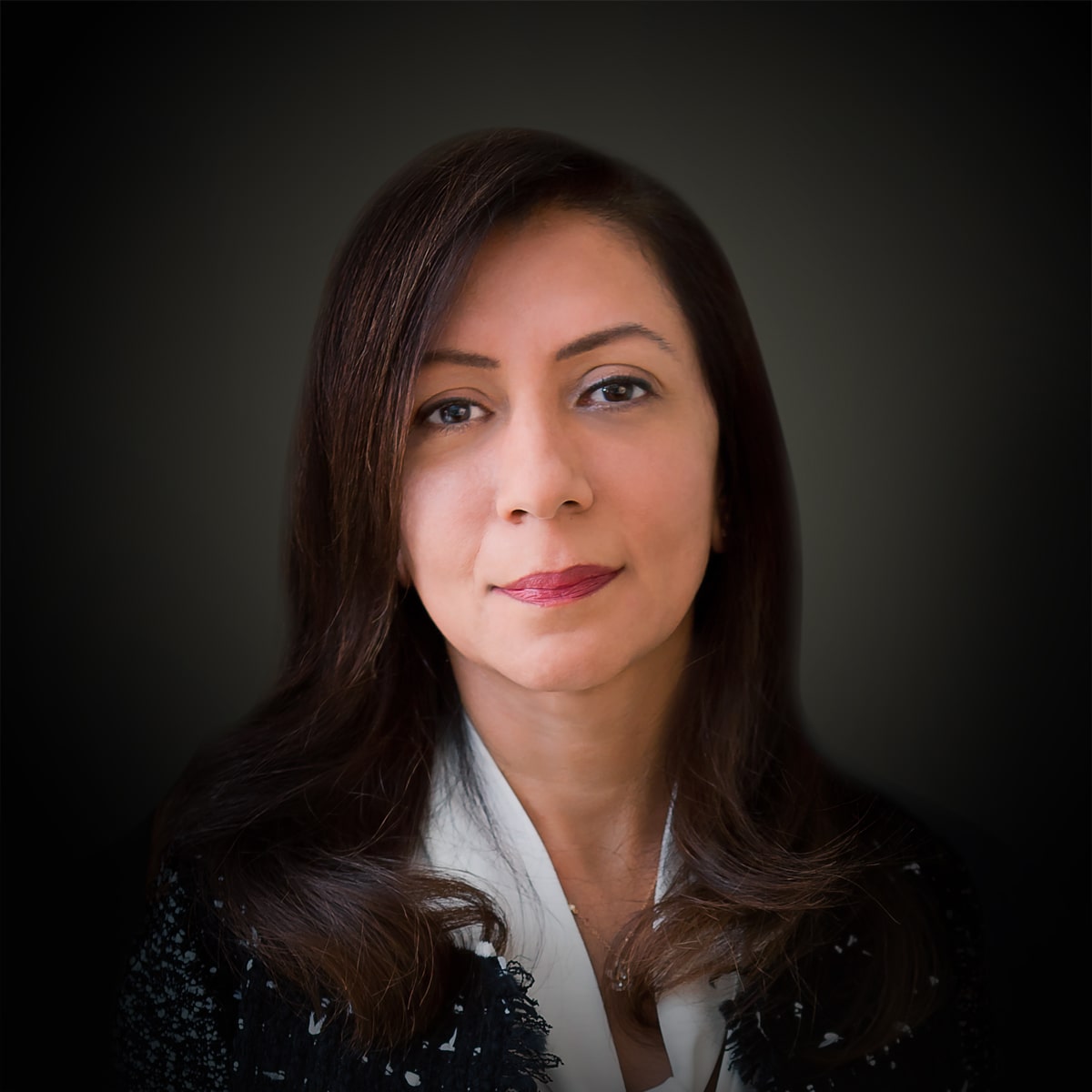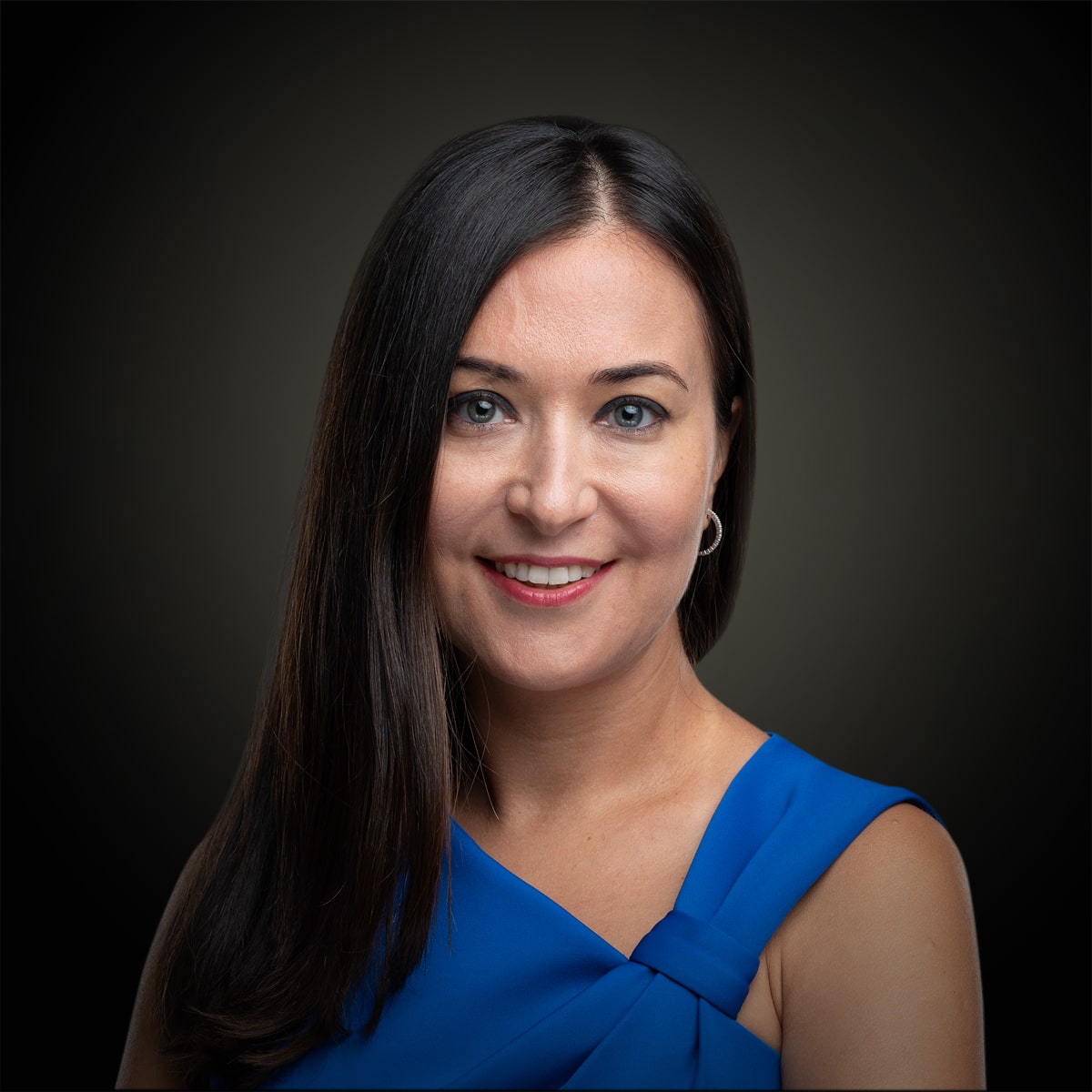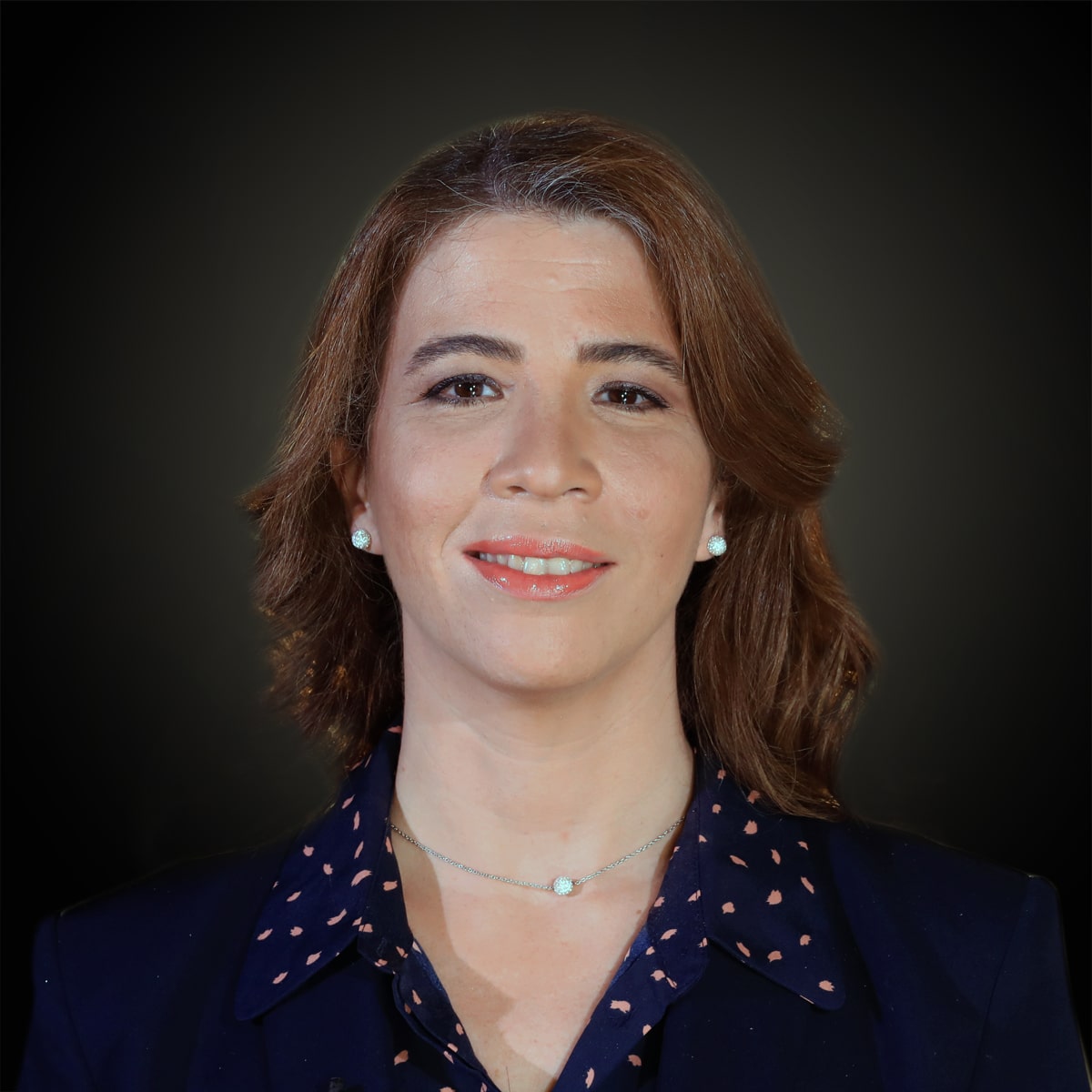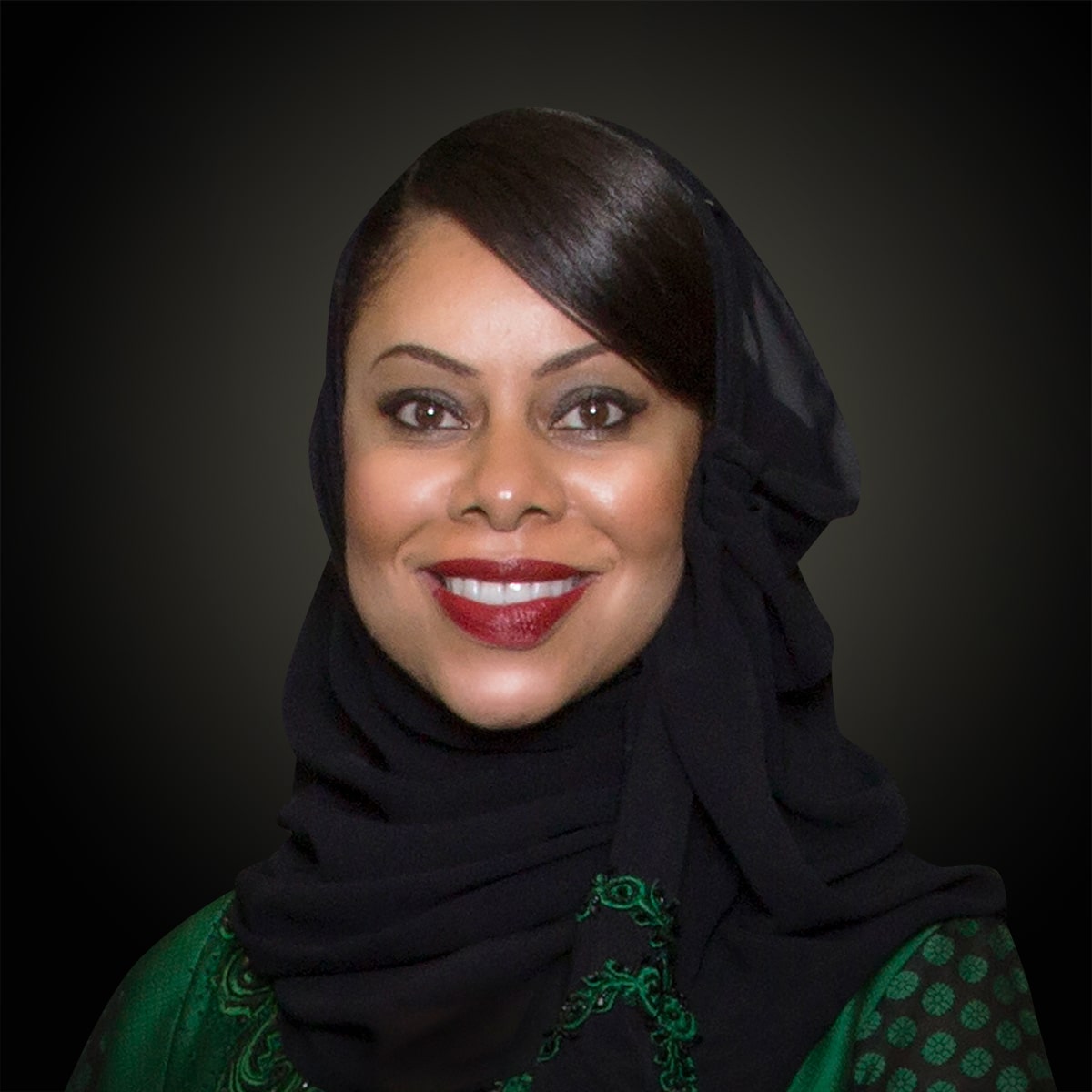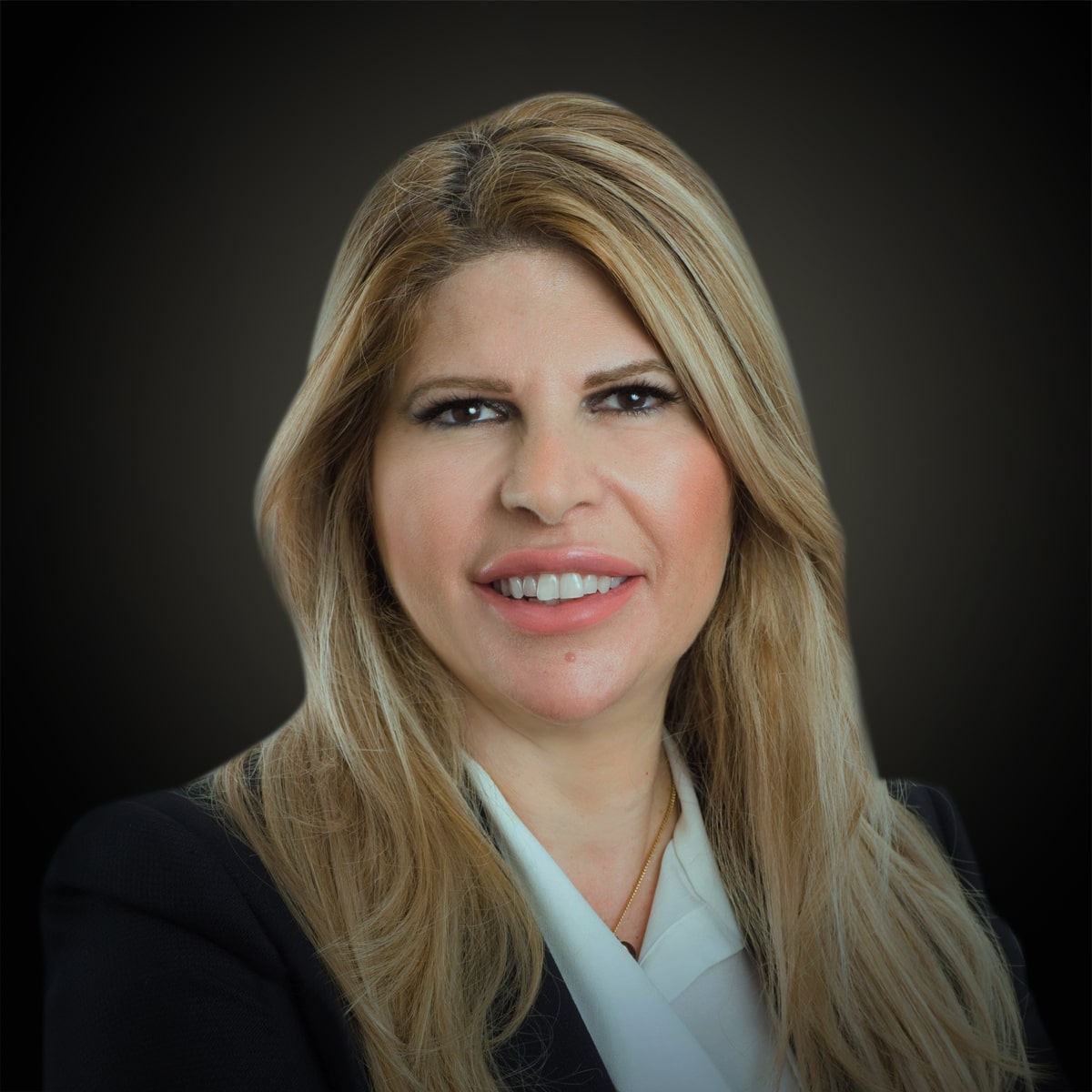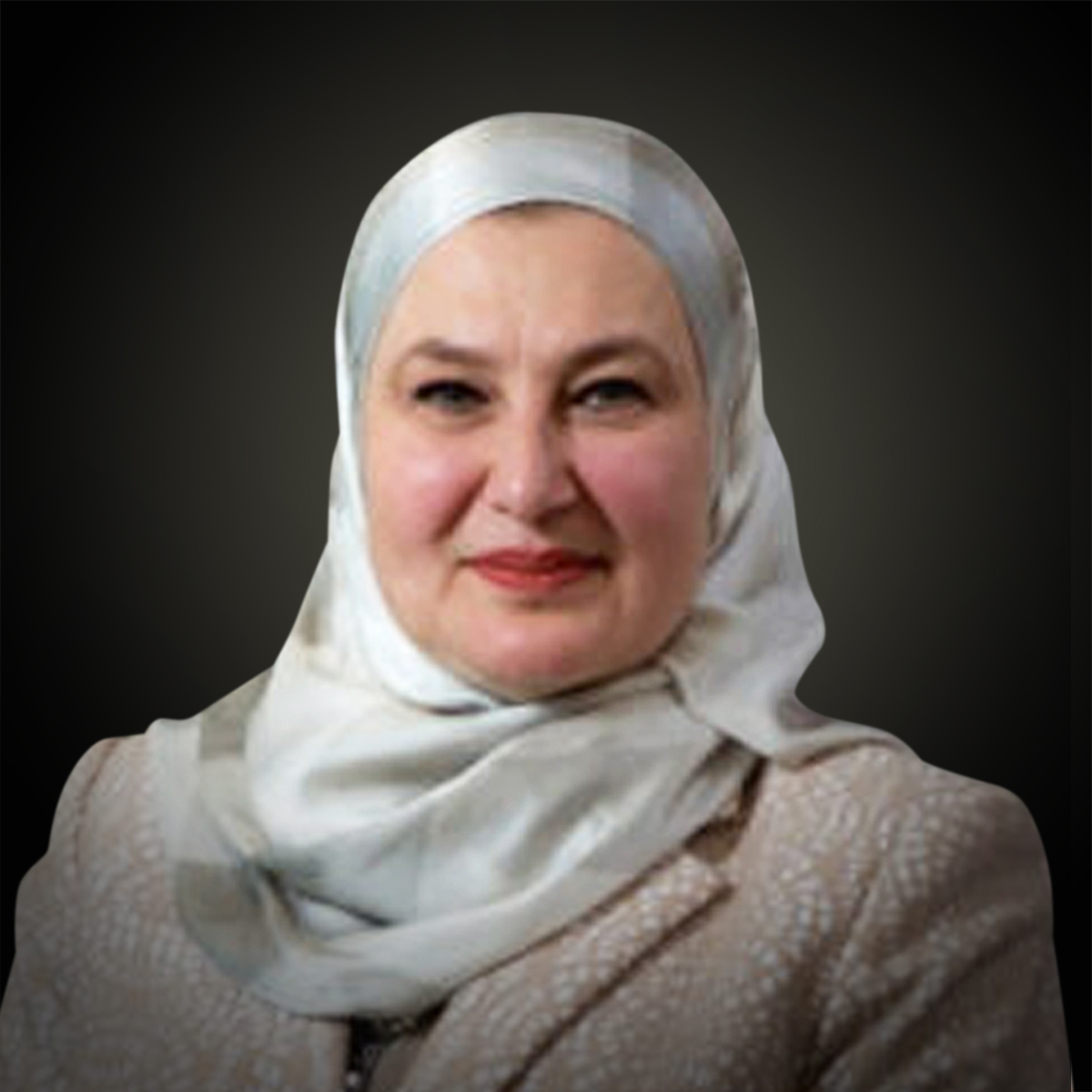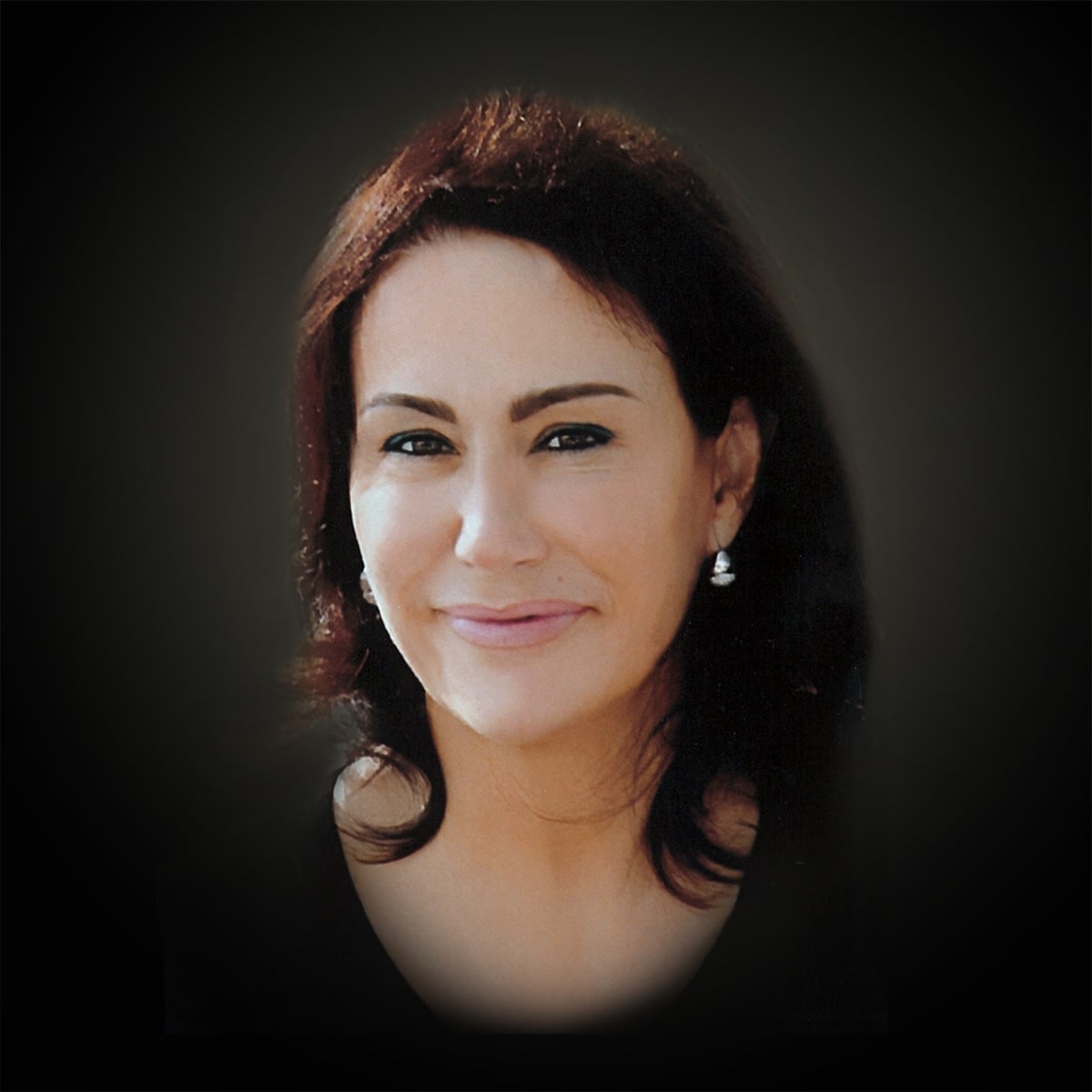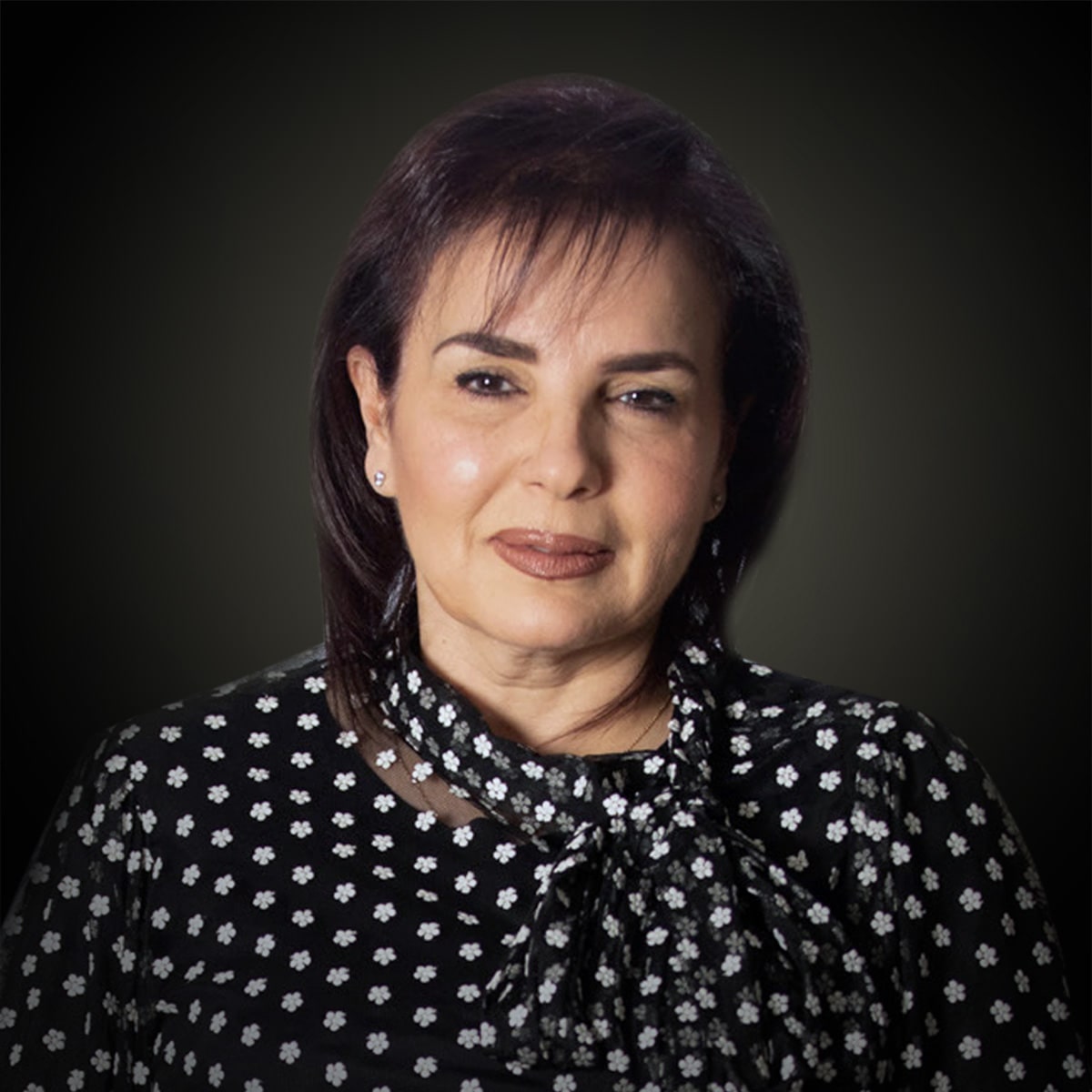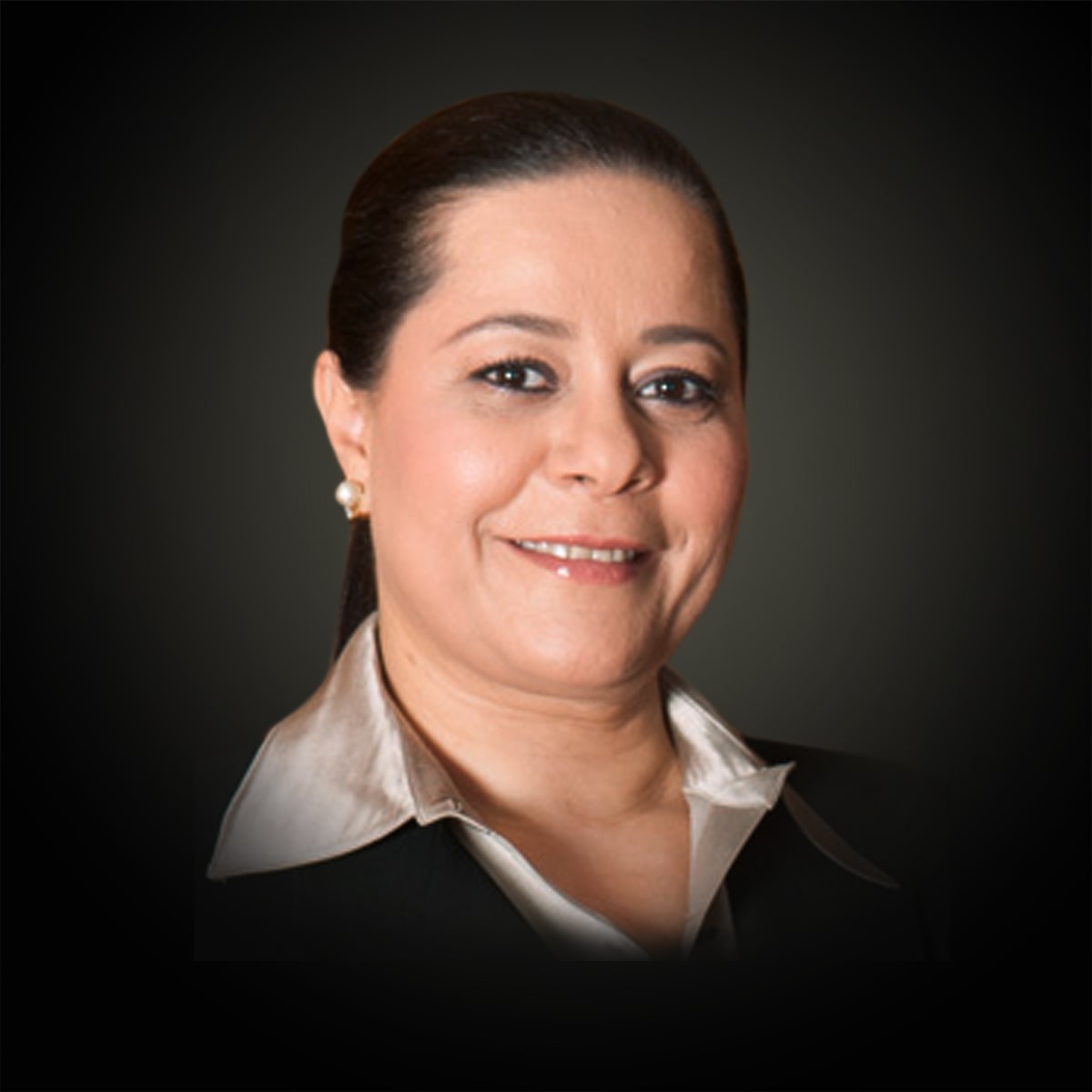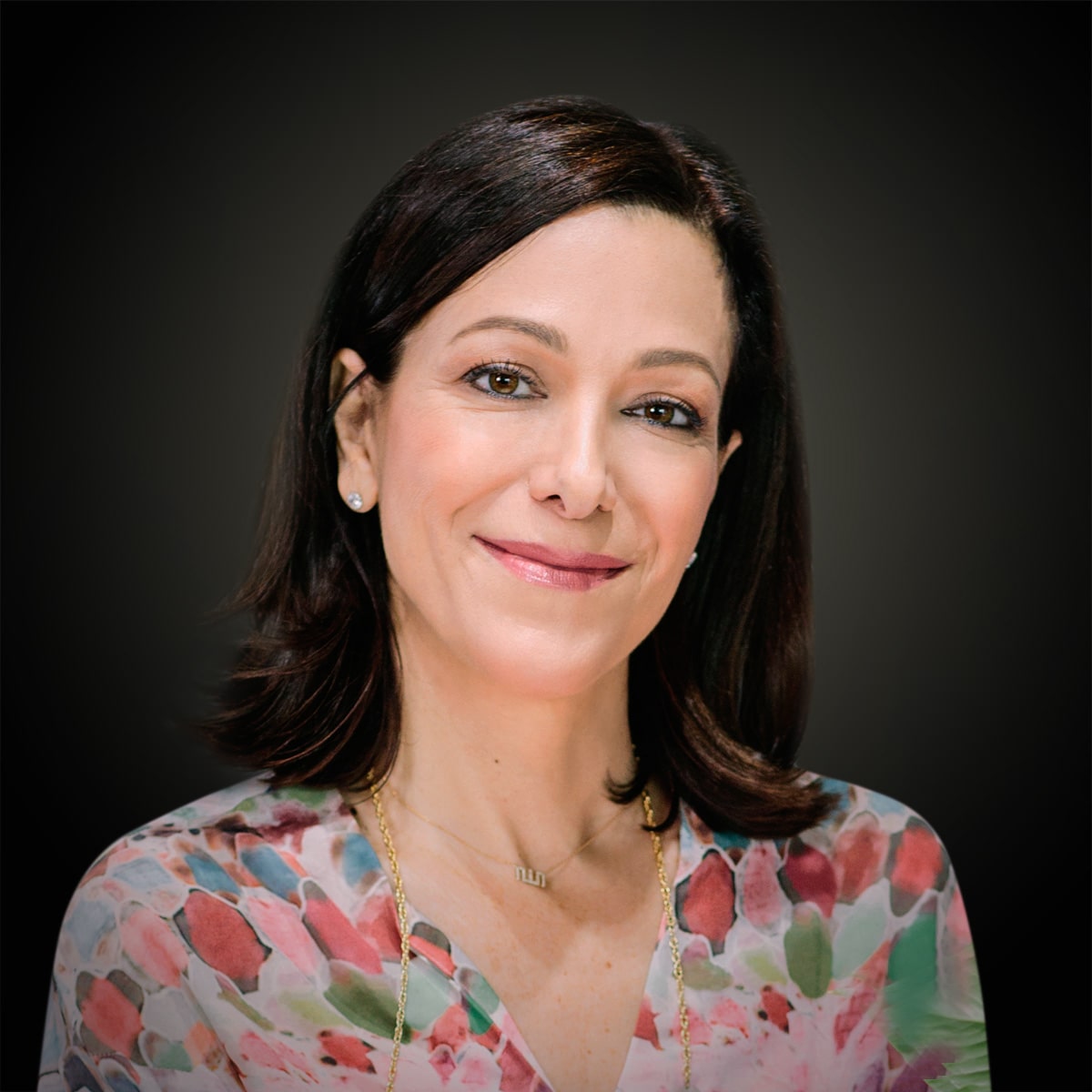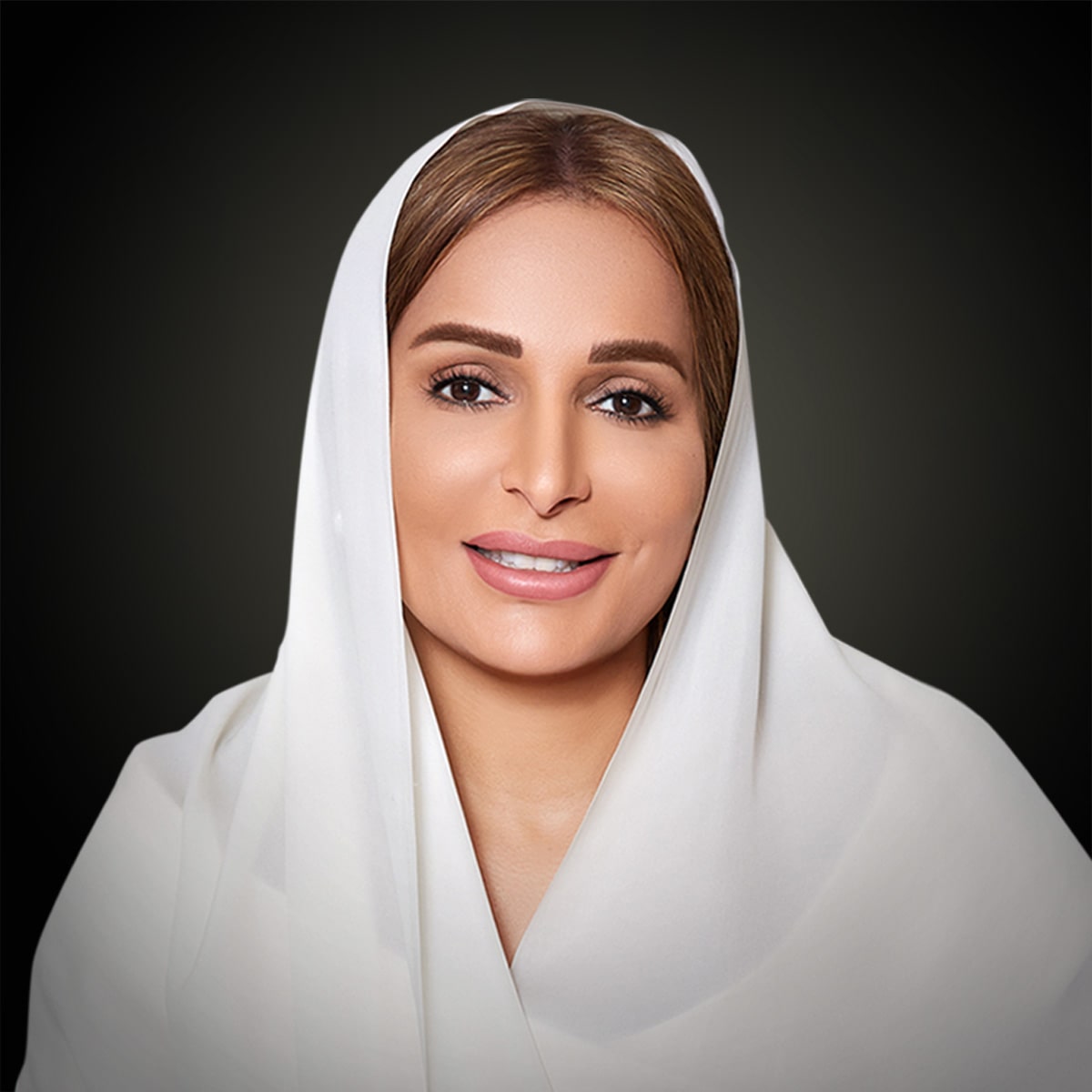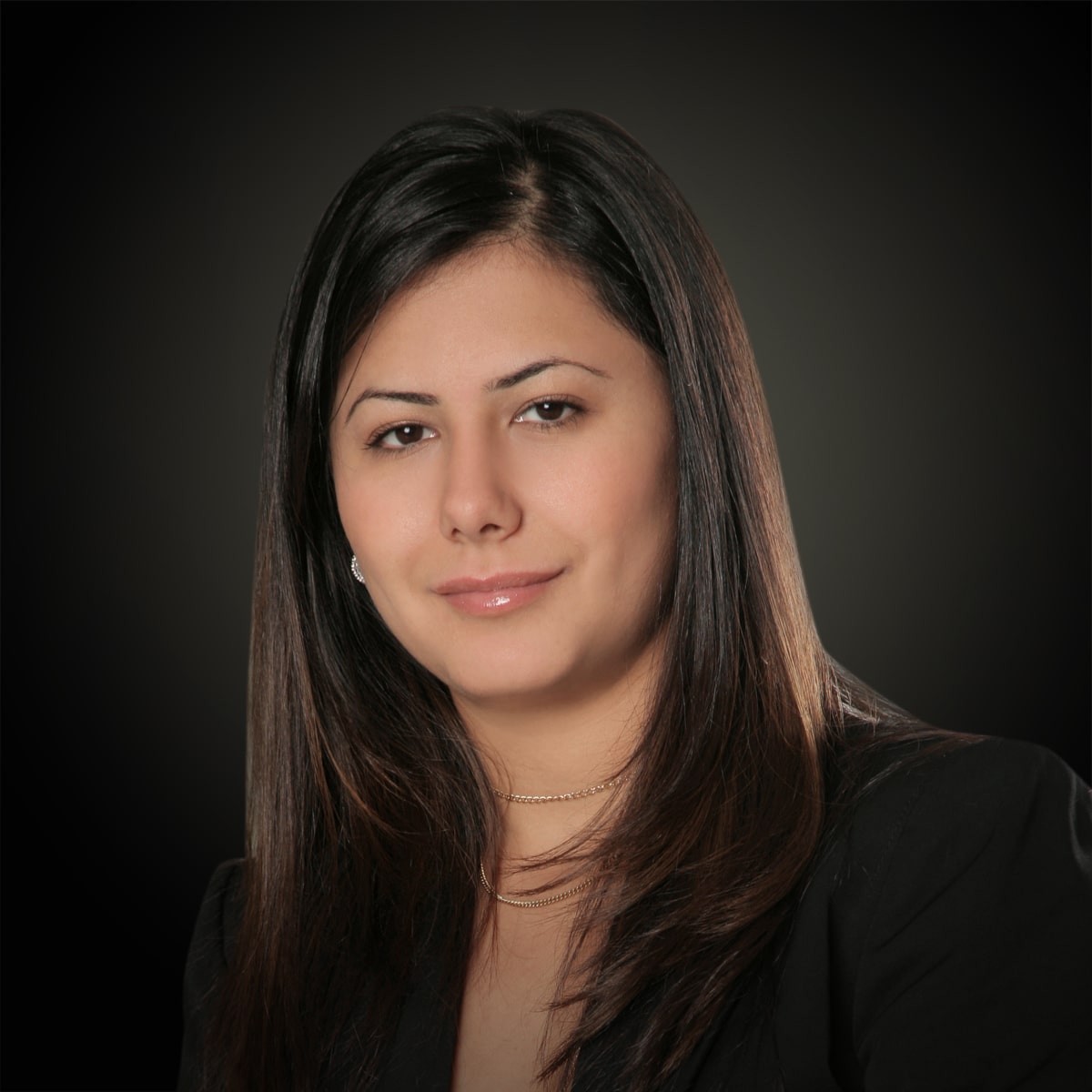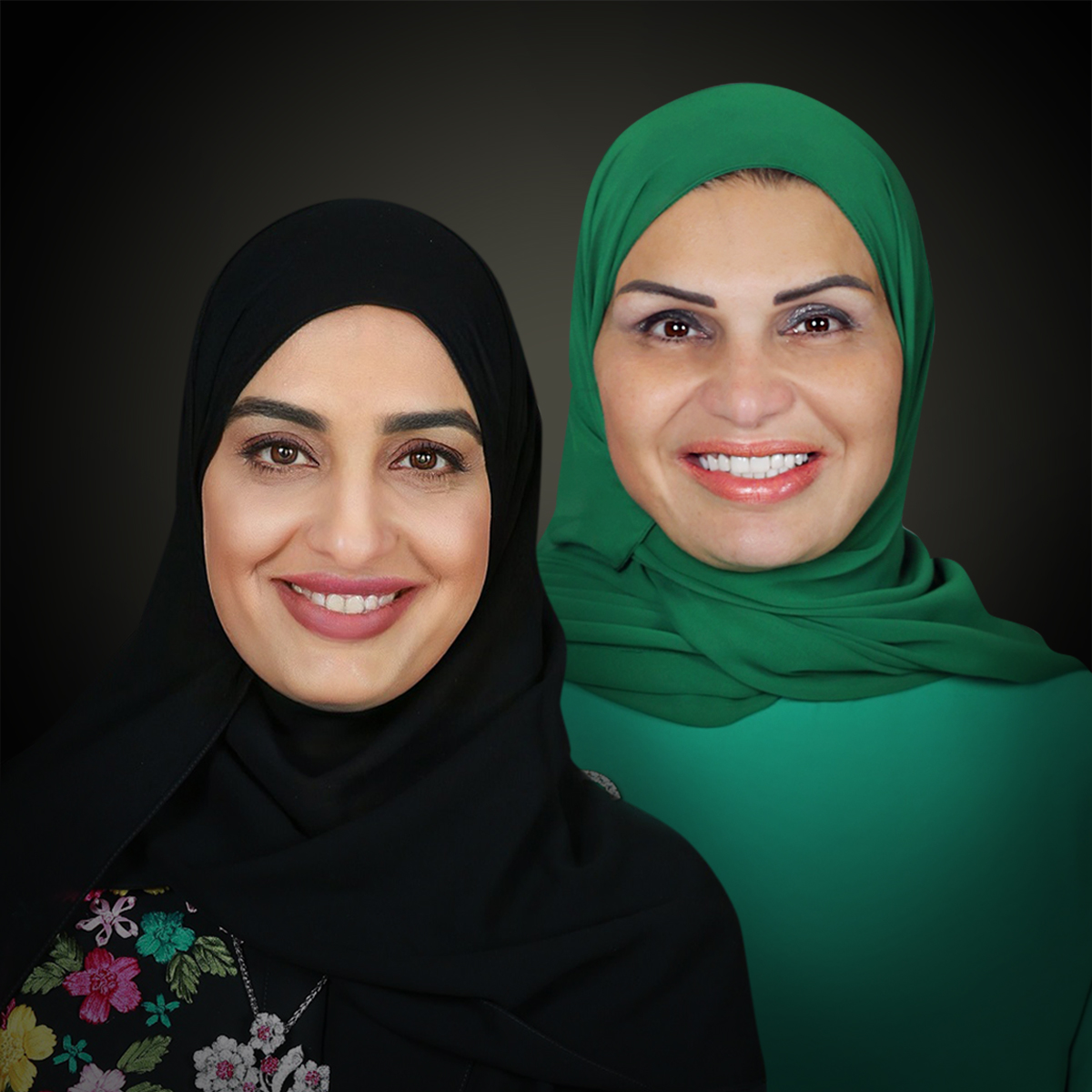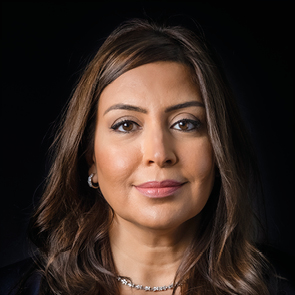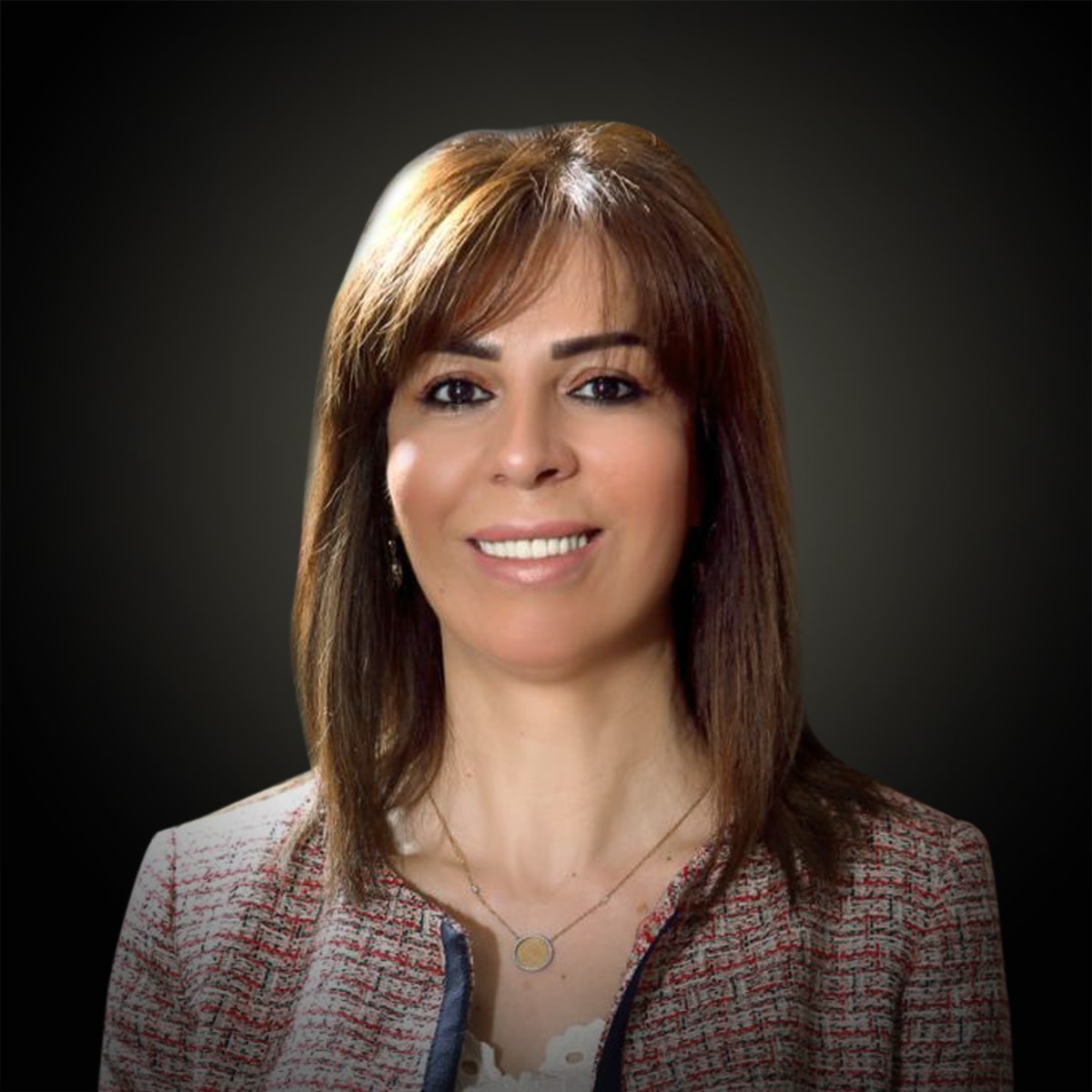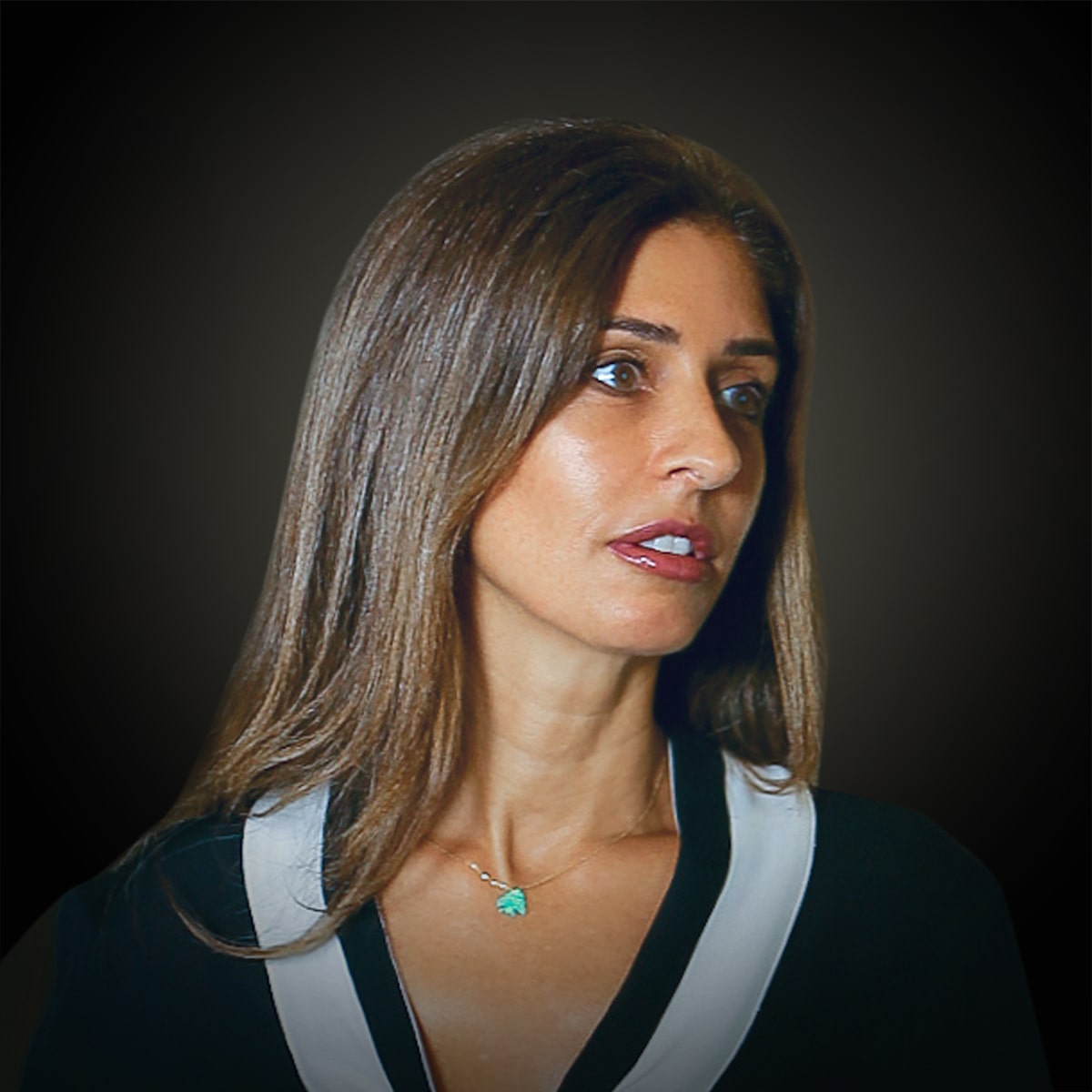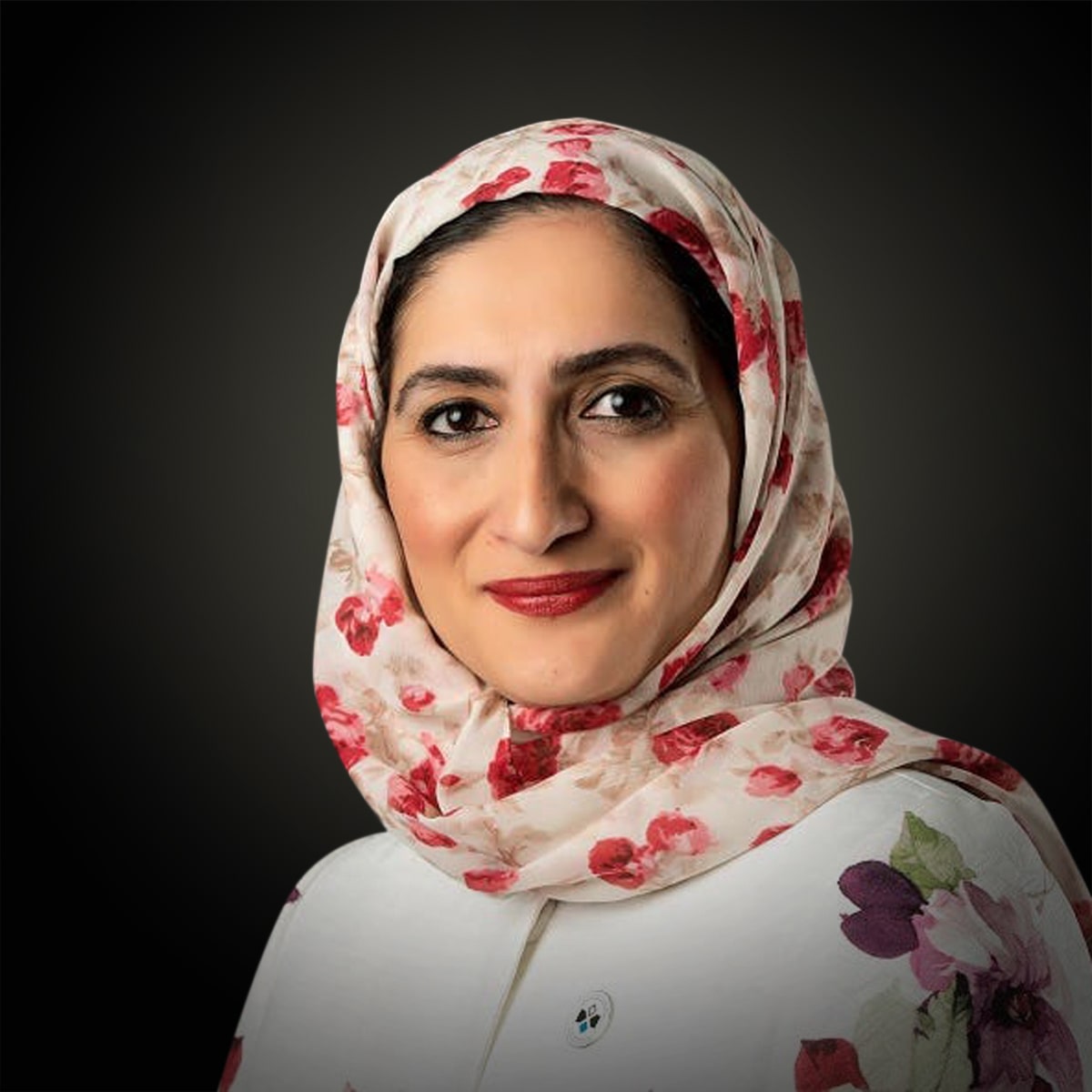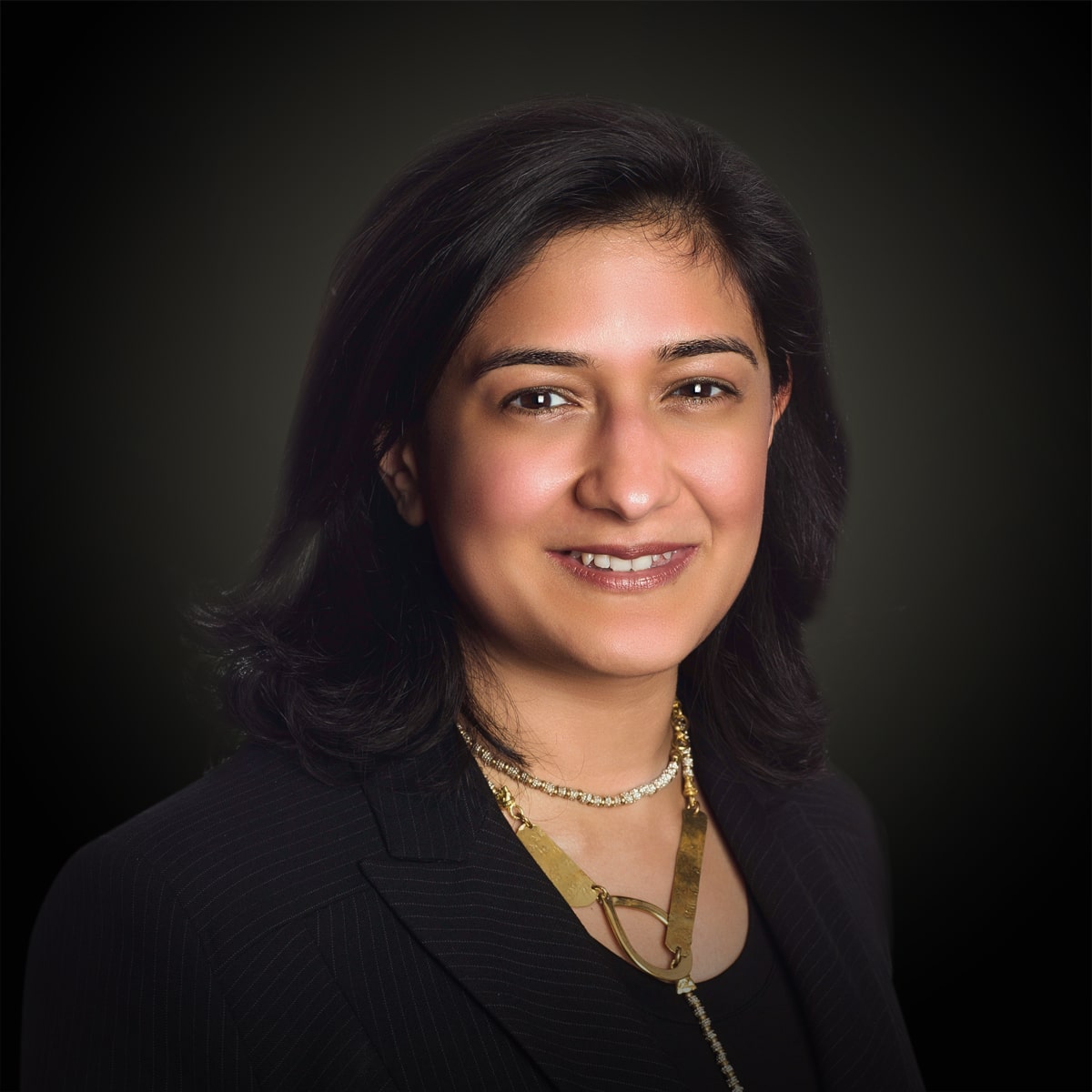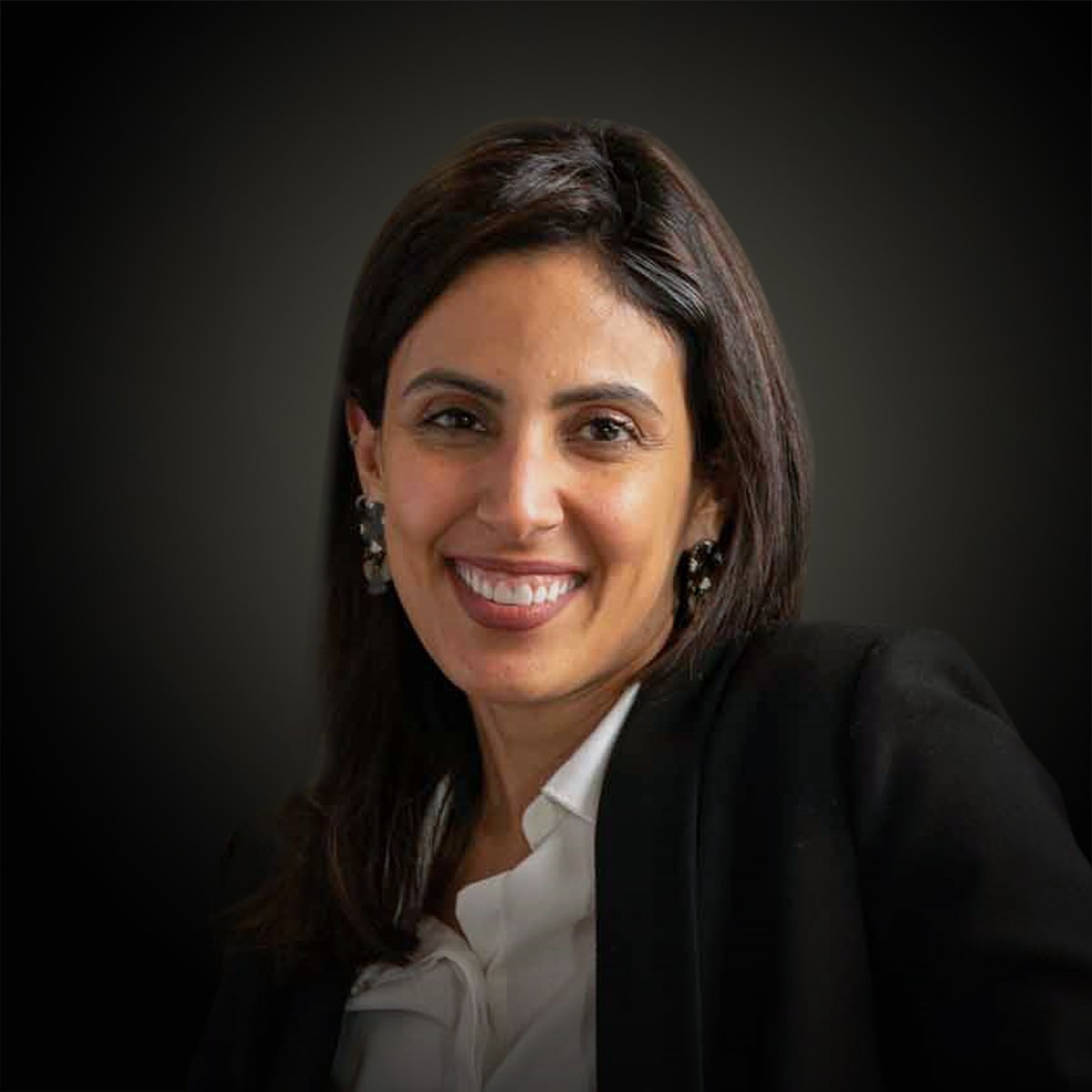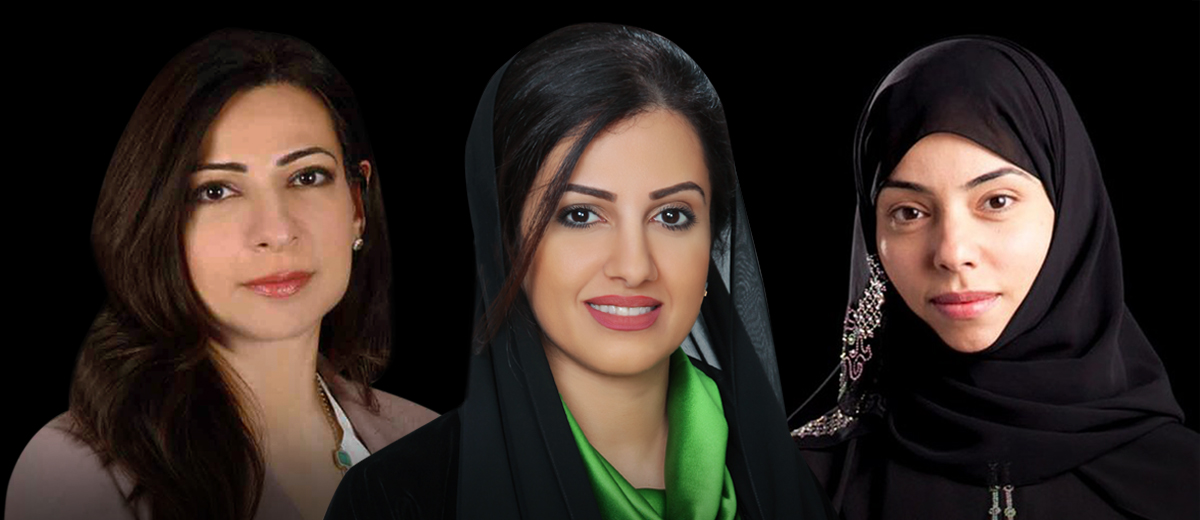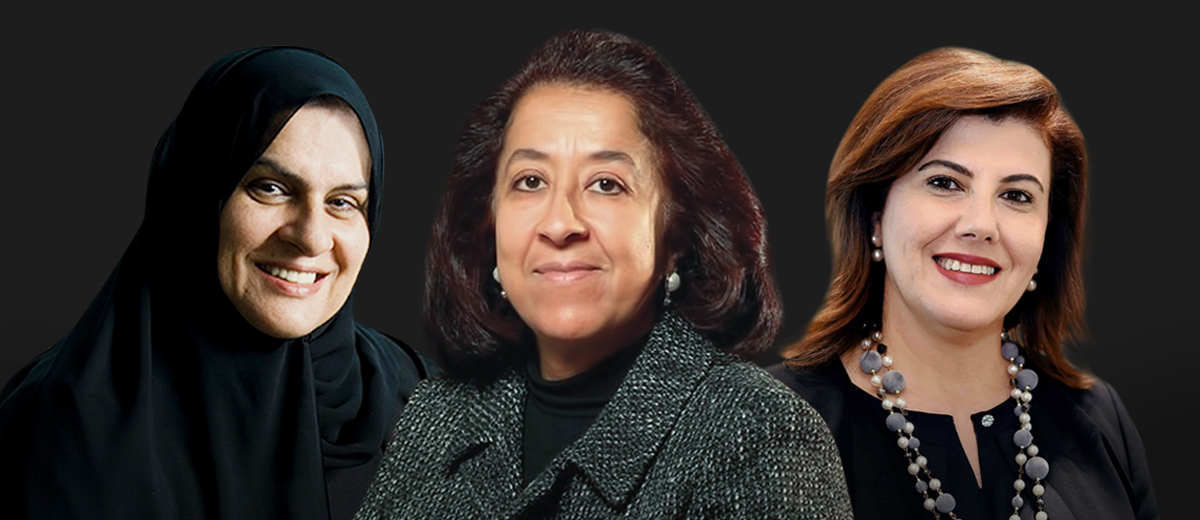February 4, 2021
The Middle East’s Power Businesswomen 2021
This year’s annual ranking of the Middle East’s most powerful women in business comes off the back of one of the most challenging years that most companies have experienced in recent history.
The 50 leaders we highlight here have shown resilience, flexibility, and strength in the face of unprecedented adversity, both in the workplace and in their communities.
Overall, this year’s power businesswomen hail from 19 countries and work across 16 sectors. Egypt scored the most entries in the list with eight, followed by the U.A.E with seven. The banking and financial services sector is the most dominant, with 16 entries. Eight of these leaders hold executive positions in regional divisions of multinational companies, such as Heike Harmgart, who heads the SEMED region for EBRD, and Elissar Farah Antonios, who heads Citigroup’s MENA cluster and serves as CEO of Citigroup UAE. And seven hold positions in government entities, including Aisha Bin Bishr head of Smart Dubai, and Nezha Hayat, head of Morocco’s Capital Market Authority.
Last year, three women from the Middle East also featured on Forbes’ ranking of the World’s 100 Most Powerful Women. Raja Easa Al Gurg, Managing Director of the Easa Saleh Al Gurg Group, Renuka Jagtiani, Chairwoman and CEO of the Landmark Group, and Rania Nashar, Senior Advisor to the Governor of Saudi’s Public Investment Fund, ranked 89th, 98th, and 99th respectively.
Aside from accomplishments at work, many of these leaders have also been working towards giving back to the community, particularly when it comes to alleviating challenges caused by the pandemic. For example, Renuka Jagtiani’s Landmark Group and Jagtiani Foundation have pledged nearly $4 million to communities in the Middle East and India impacted by the pandemic, and Luma Fawaz’s Oasis500 has waived rent payments for all its participating startups. Many also head women’s organizations in their home countries, while others have launched NGOs and initiatives supporting women, such as Farah Foustok’s TARA
Methodology
We considered the below criteria, with each point assigned a weight;
- Size of the business in terms of revenue, assets, AUM, market capitalization, and a number of employees.
- Accomplishments by the person achieved over the last year.
- Designation.
- Overall work experience of the person.
- CSR and other initiatives by the person and/or by their company.
- Editorial points.
